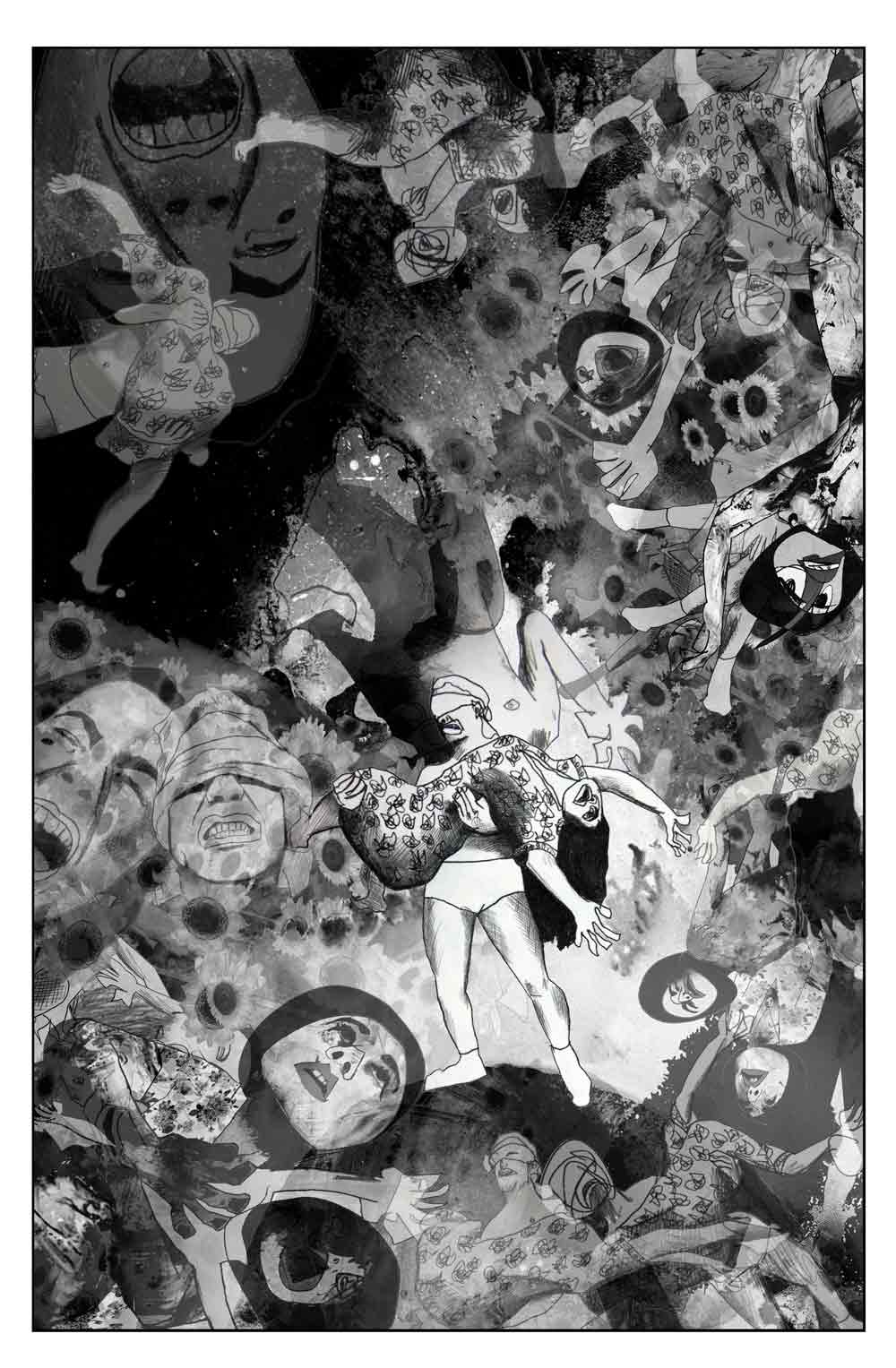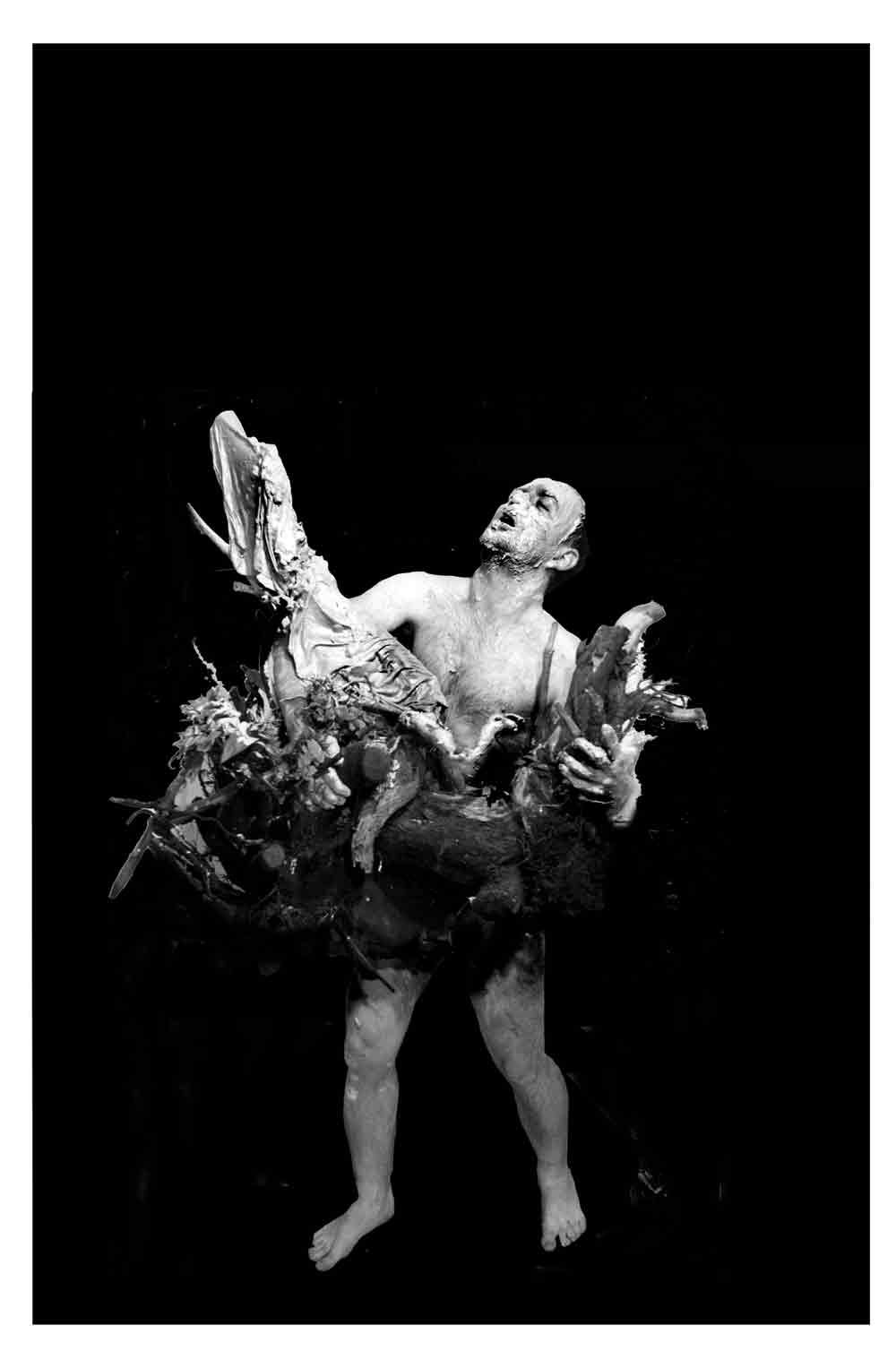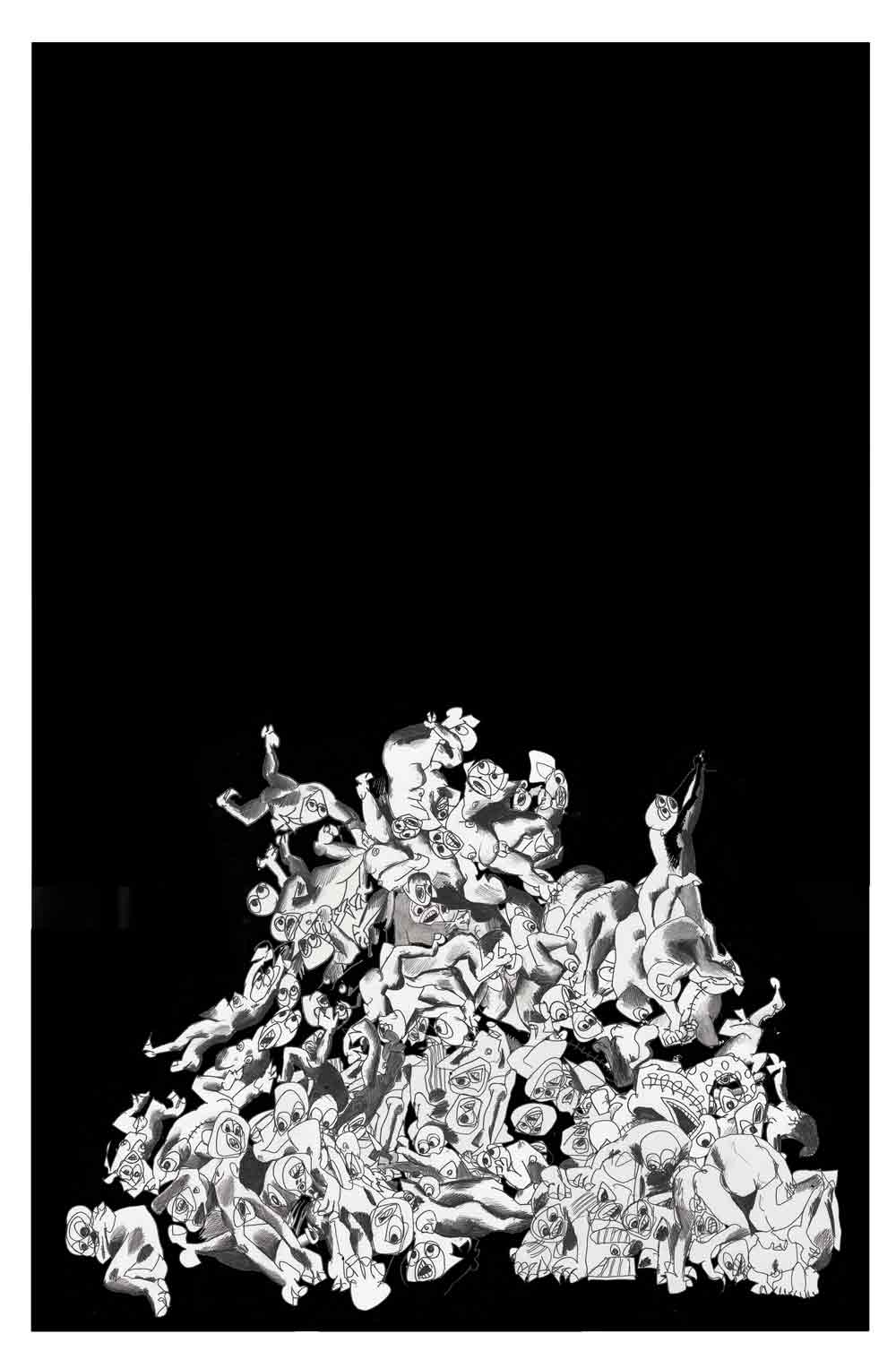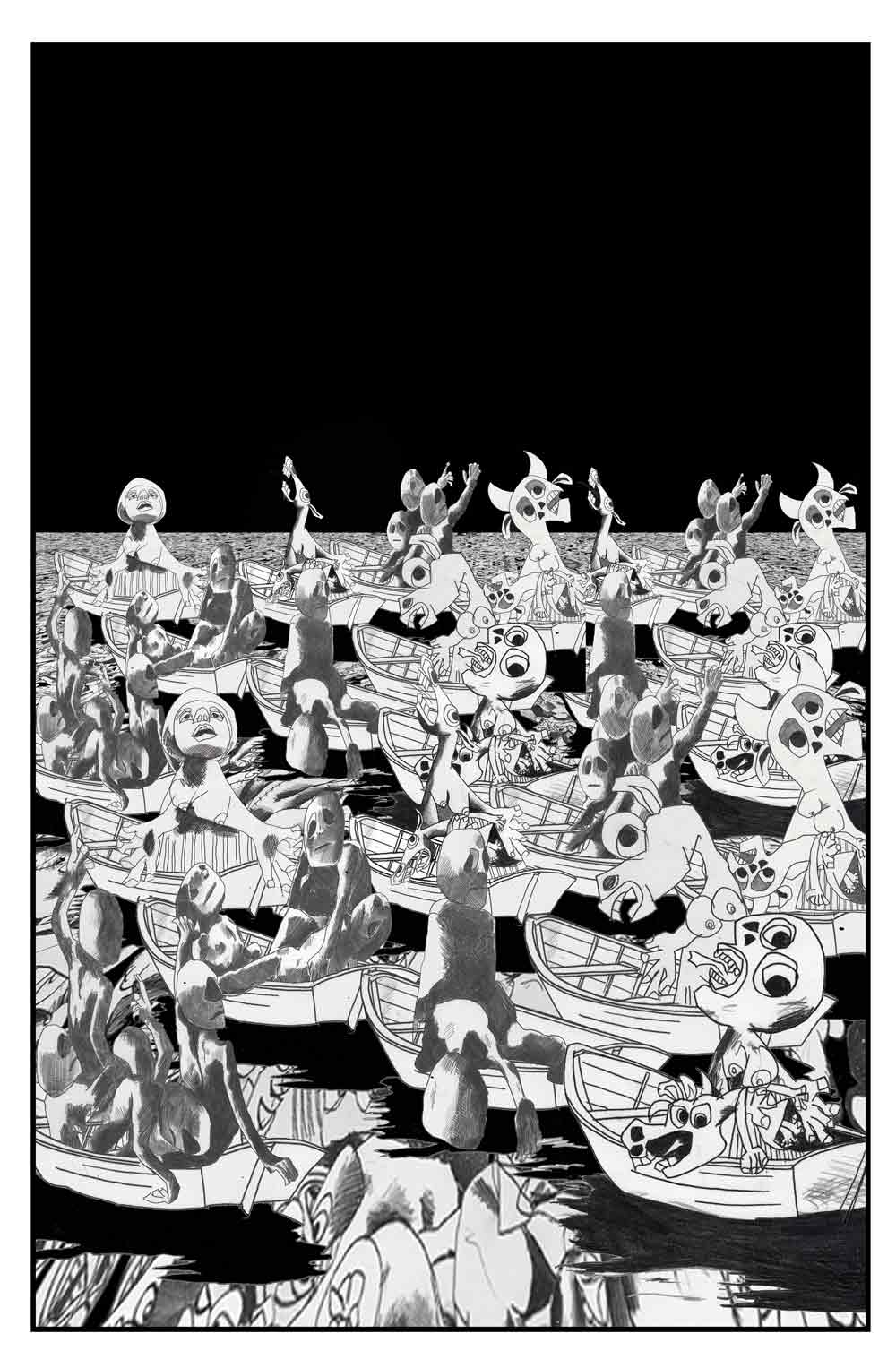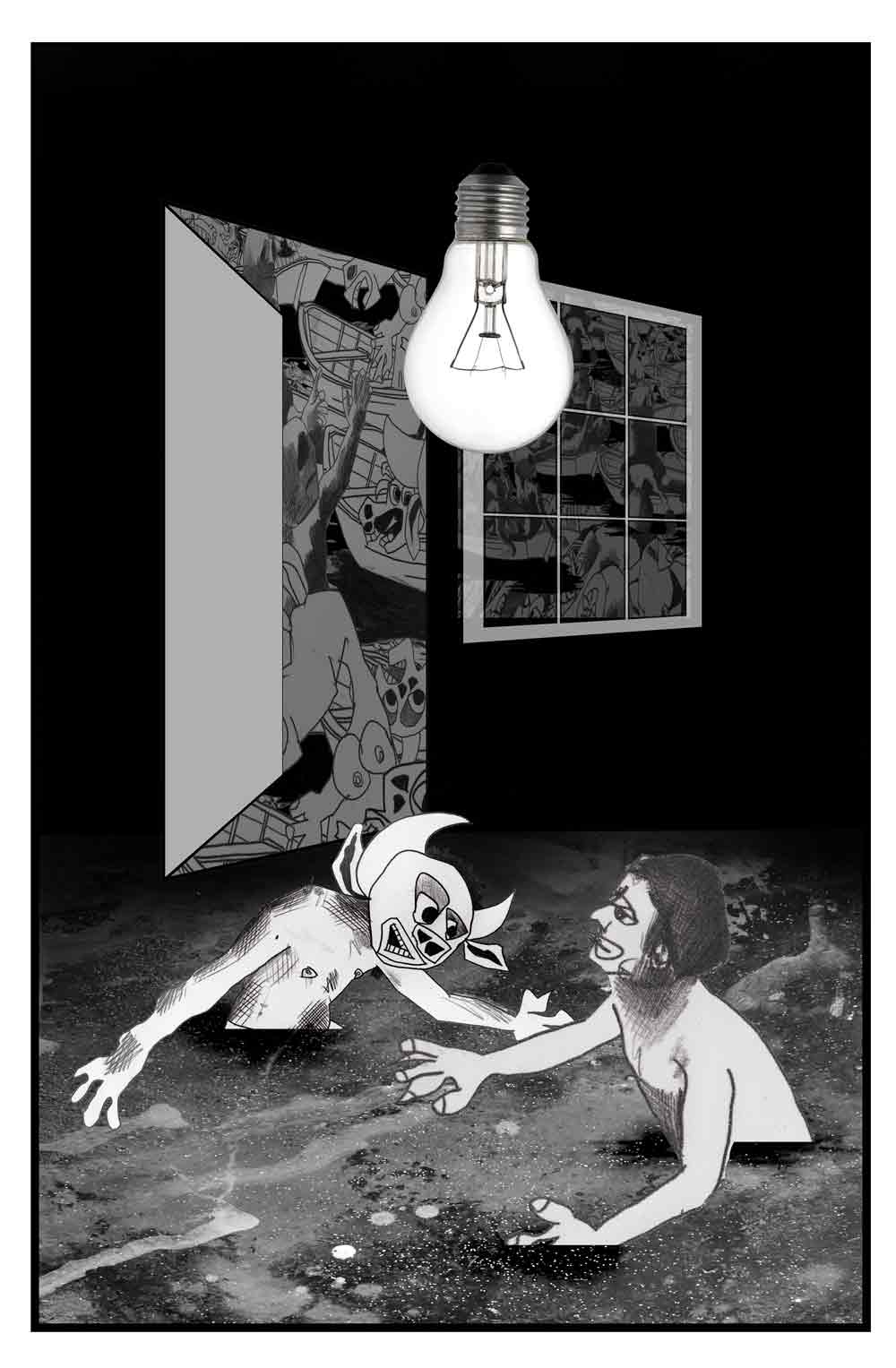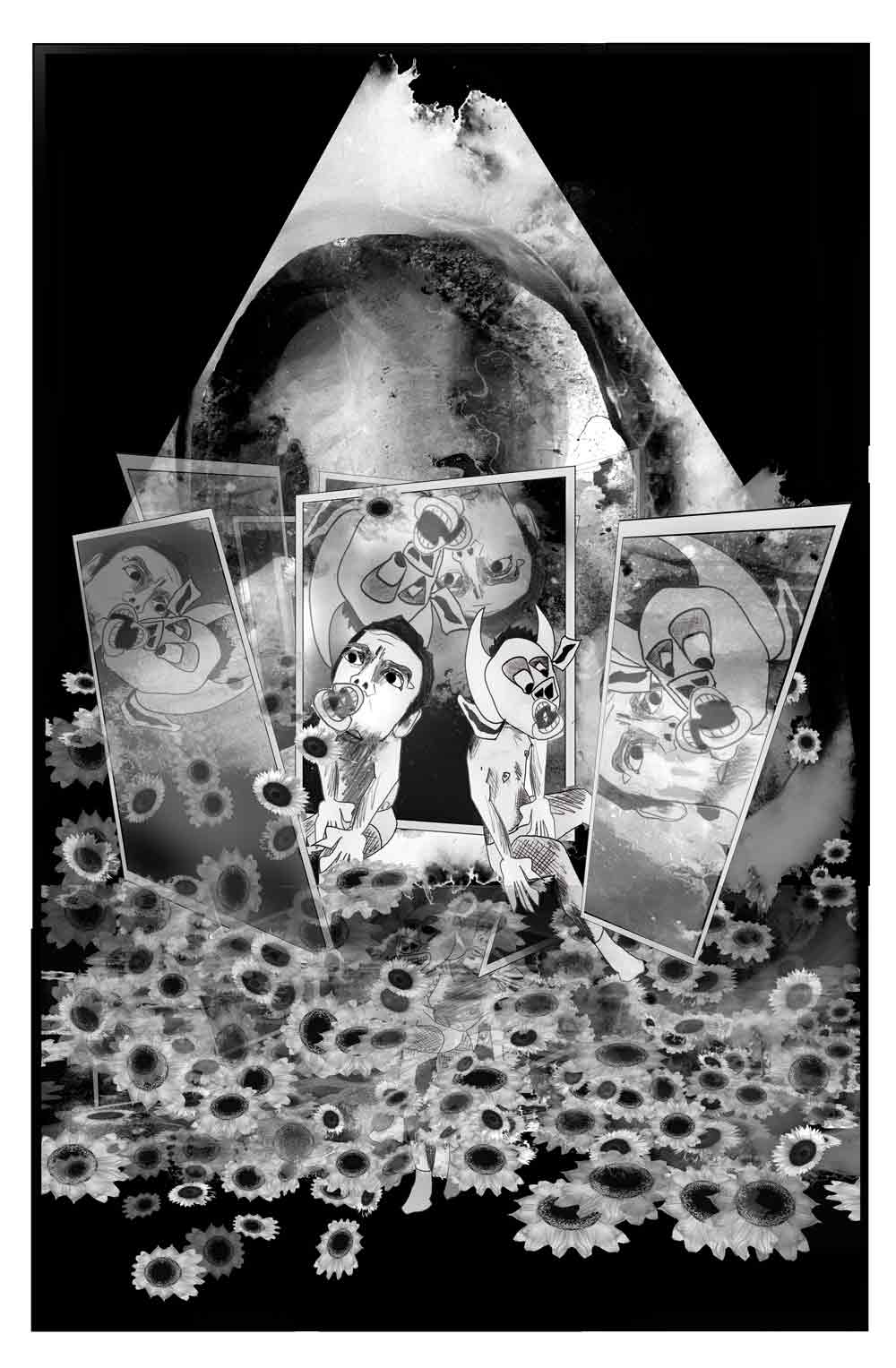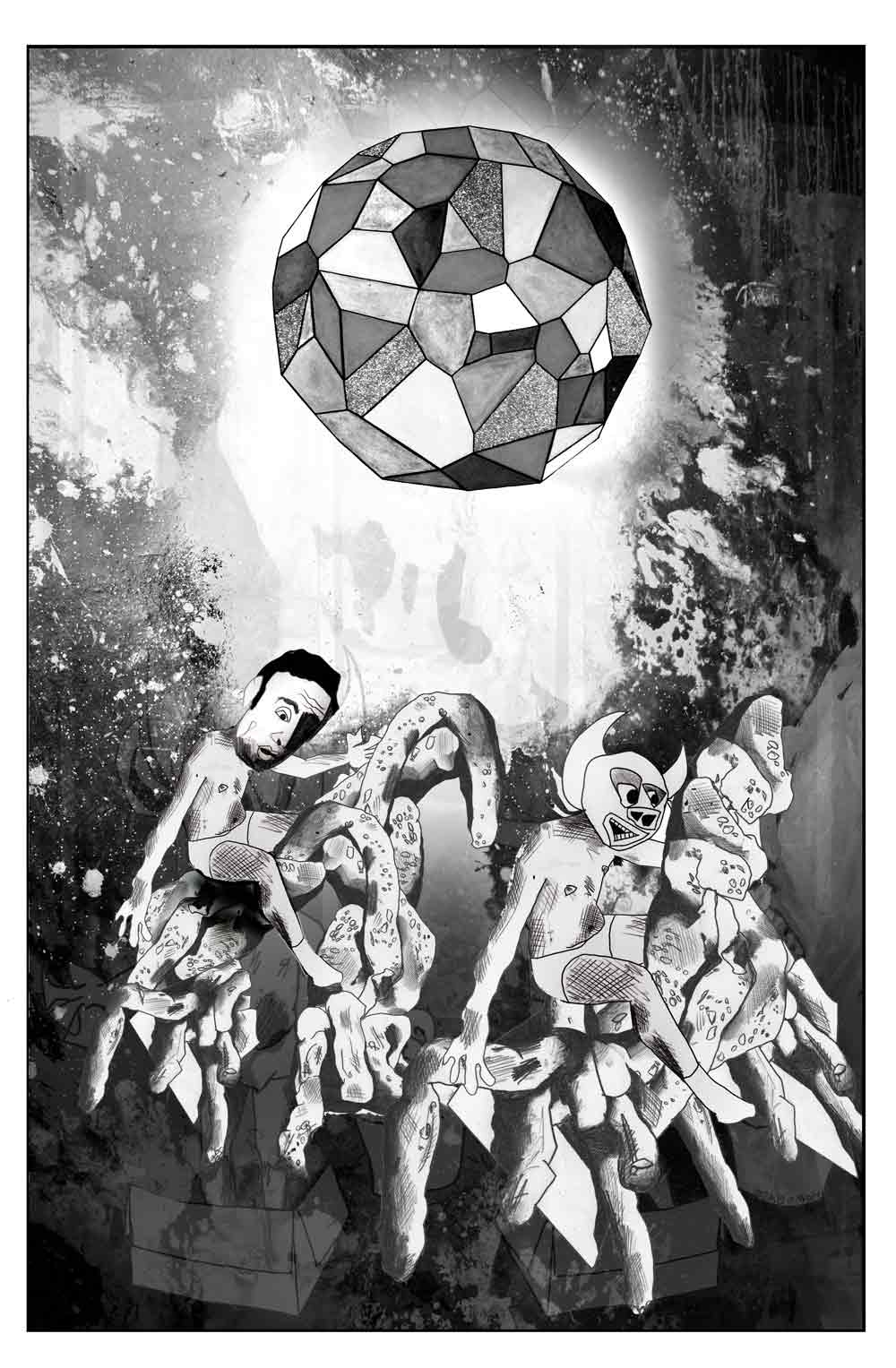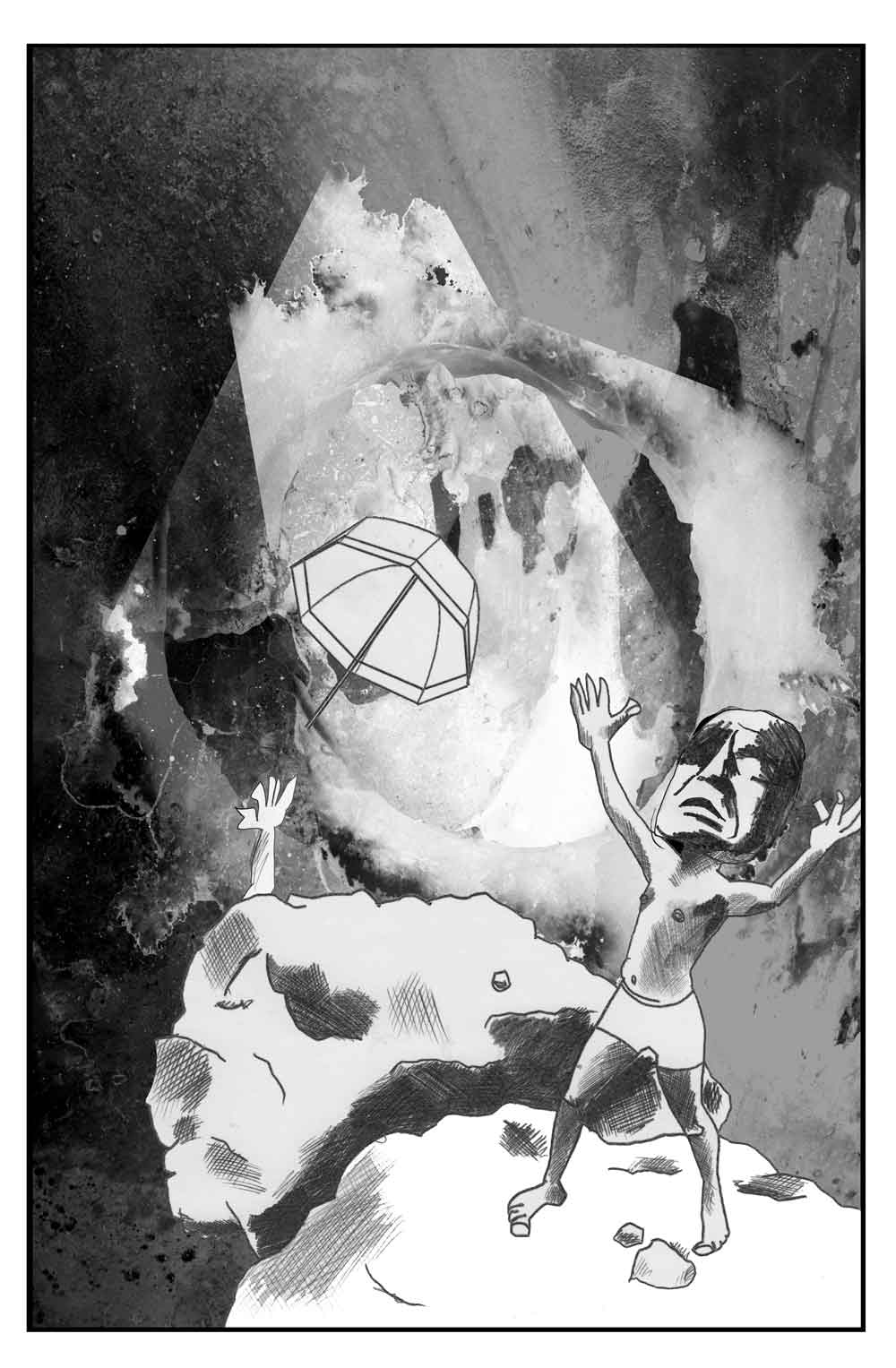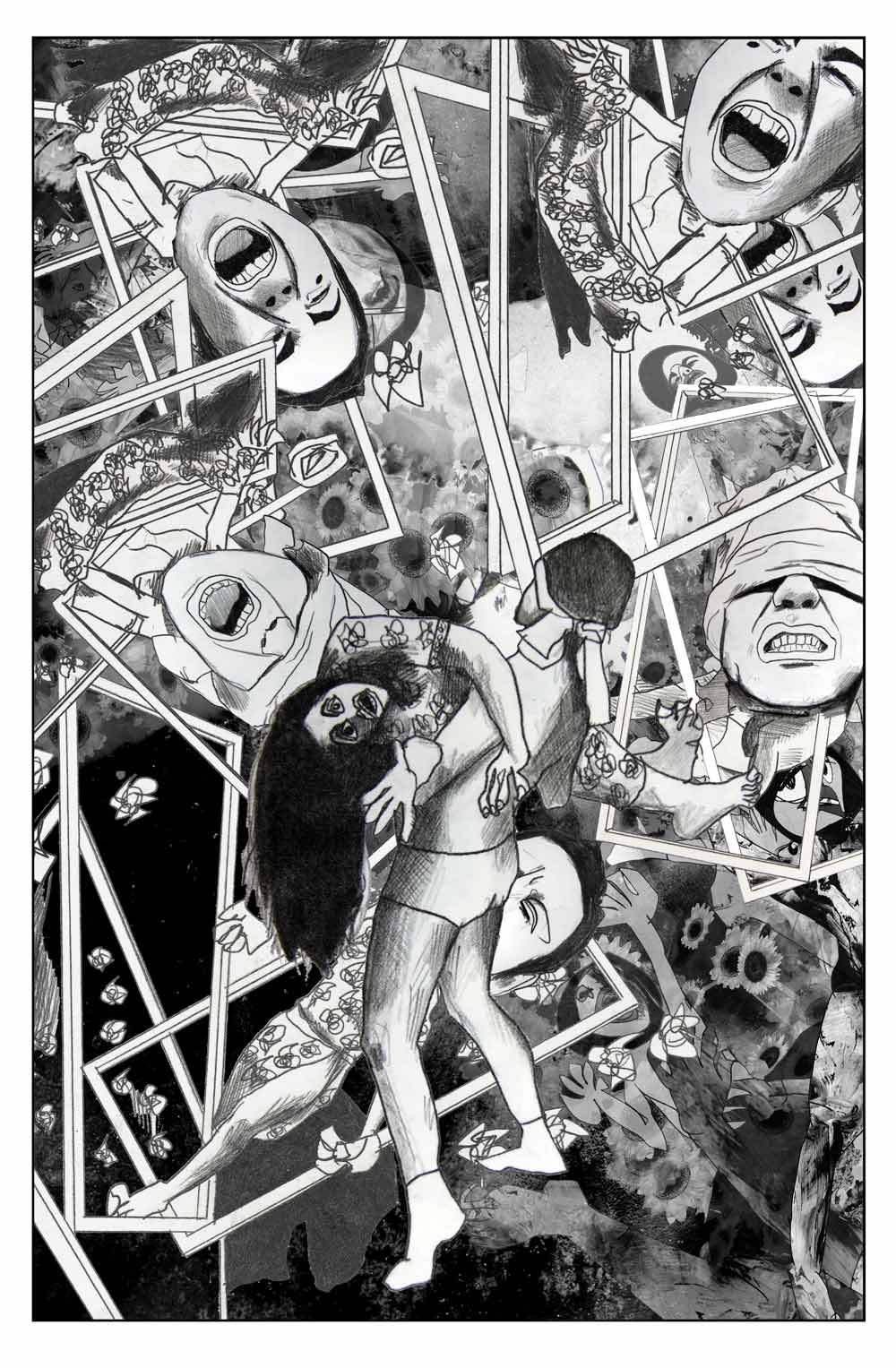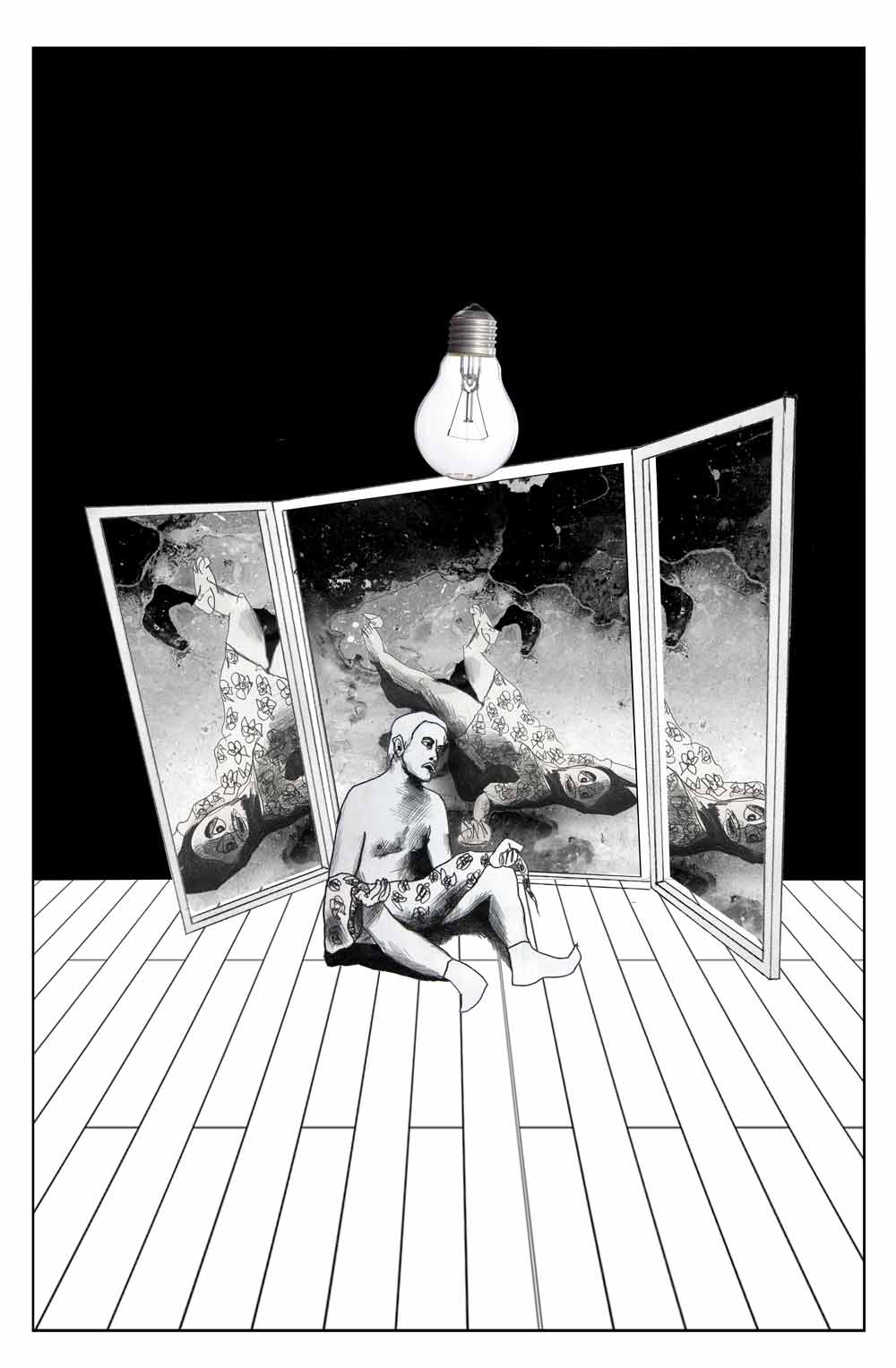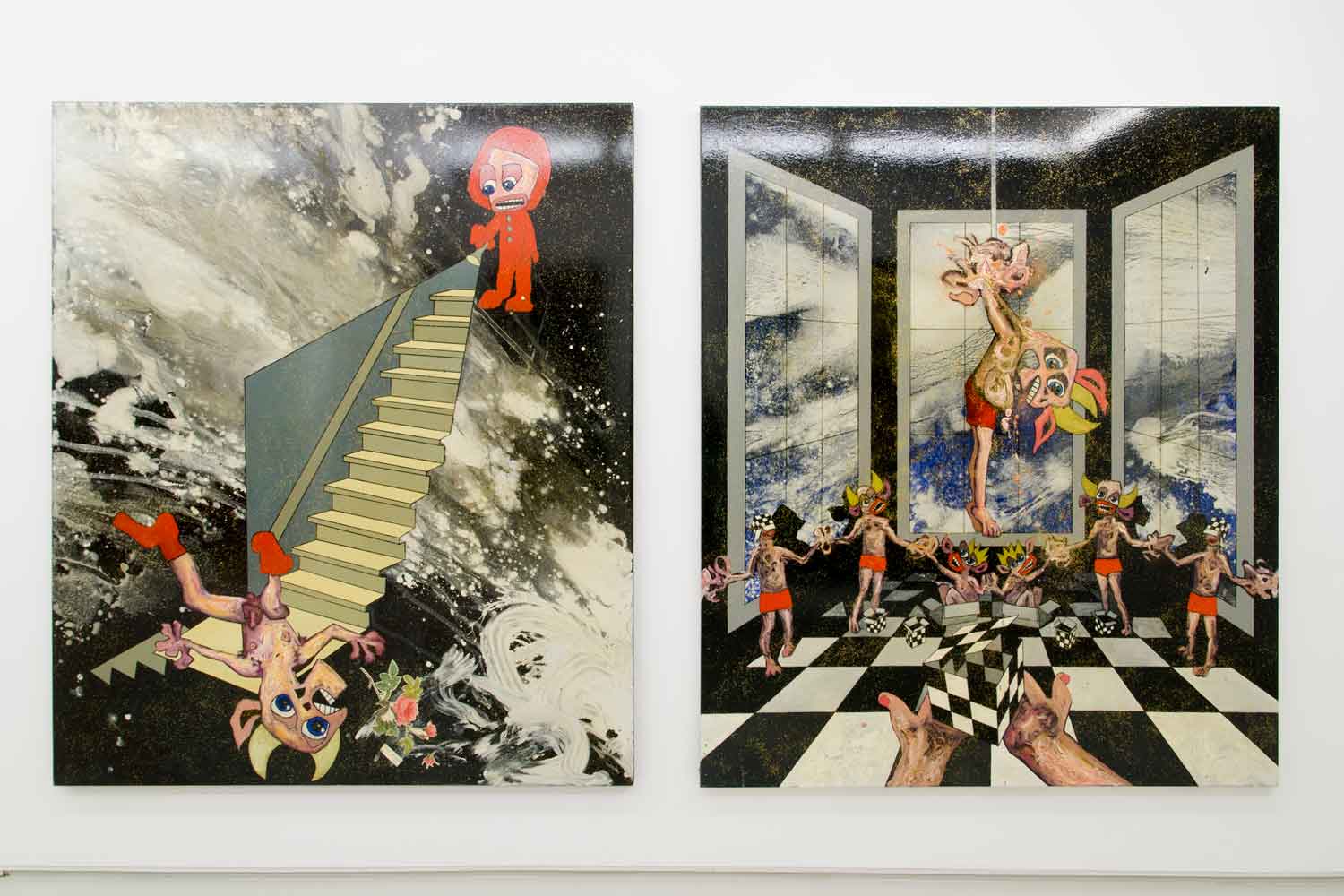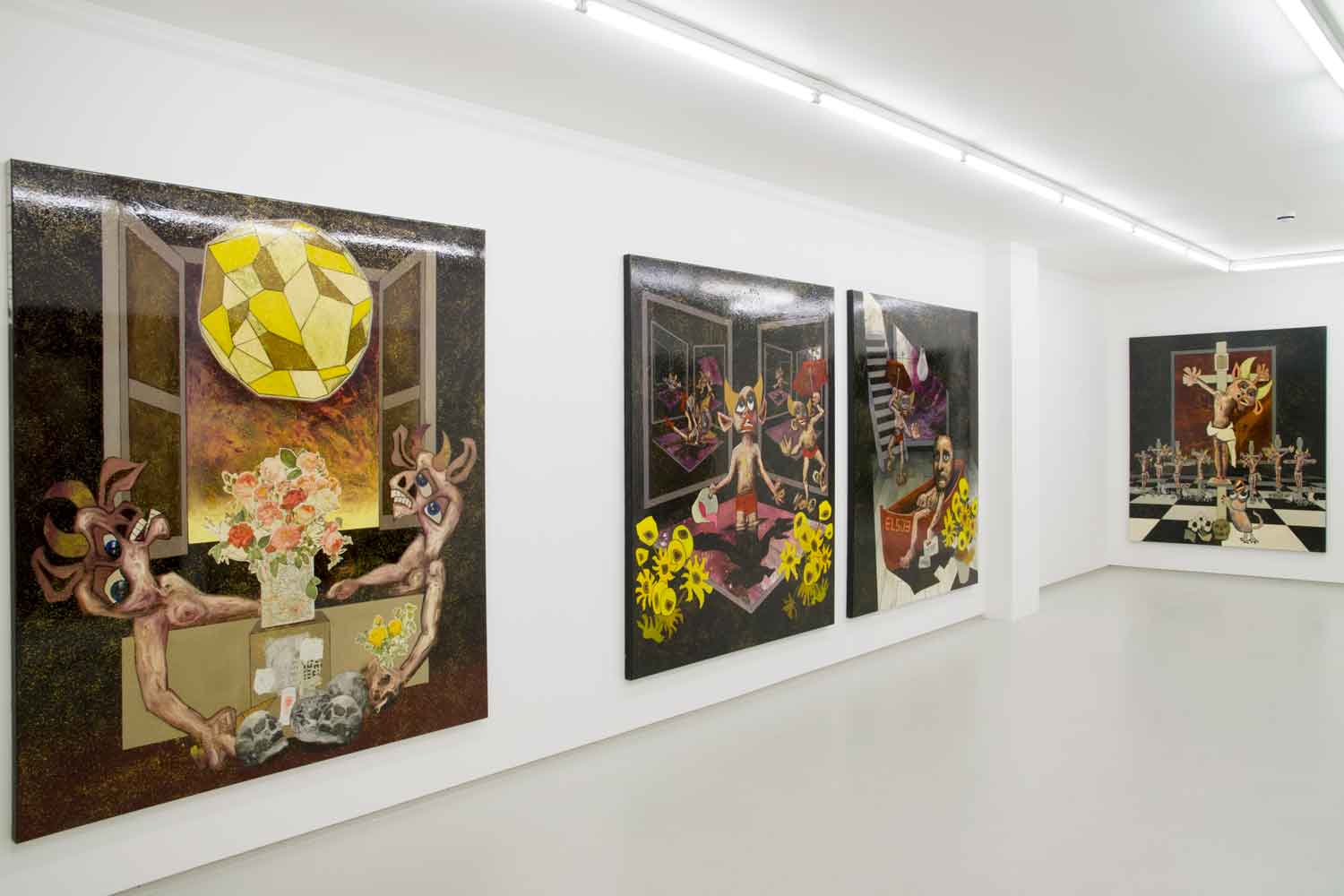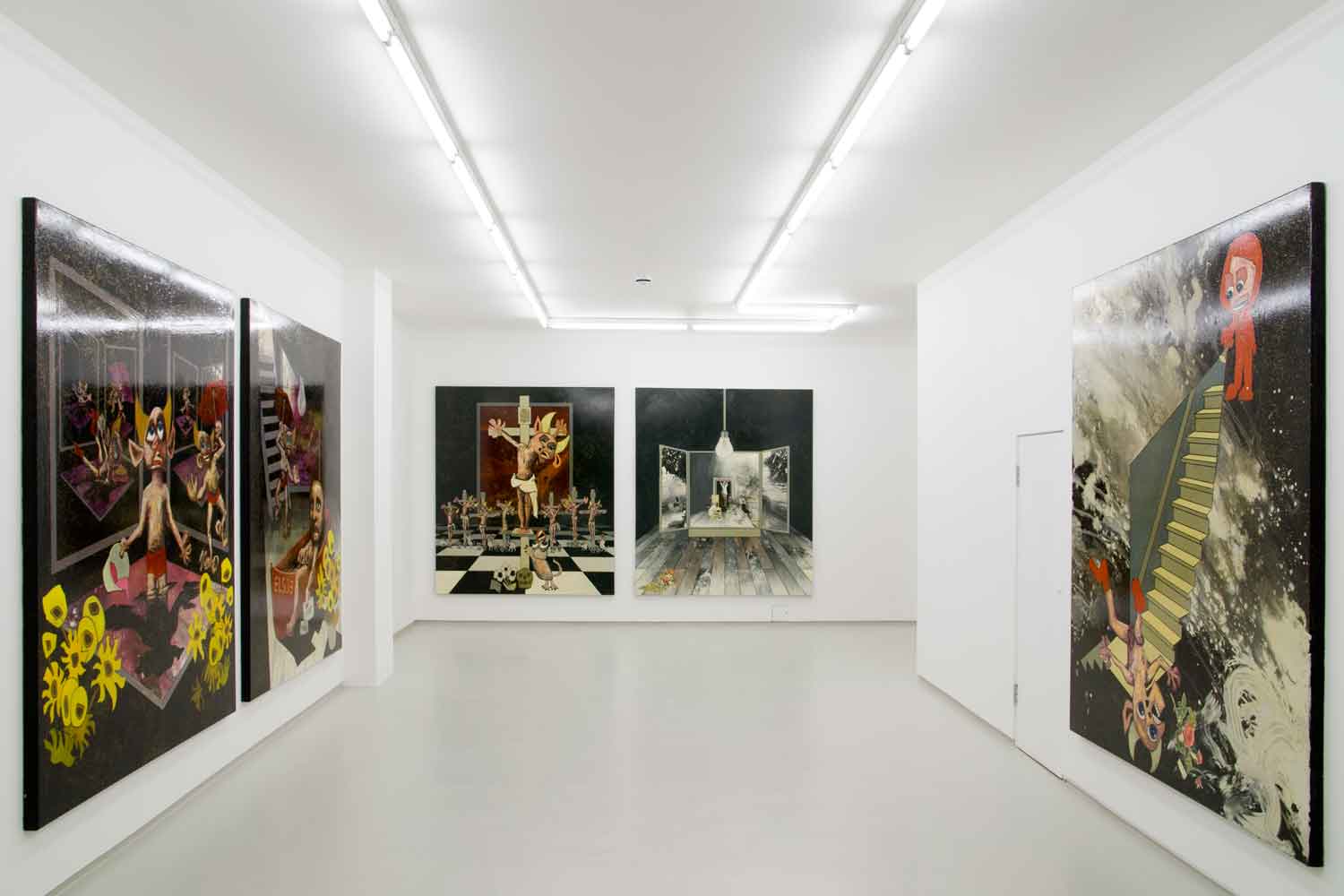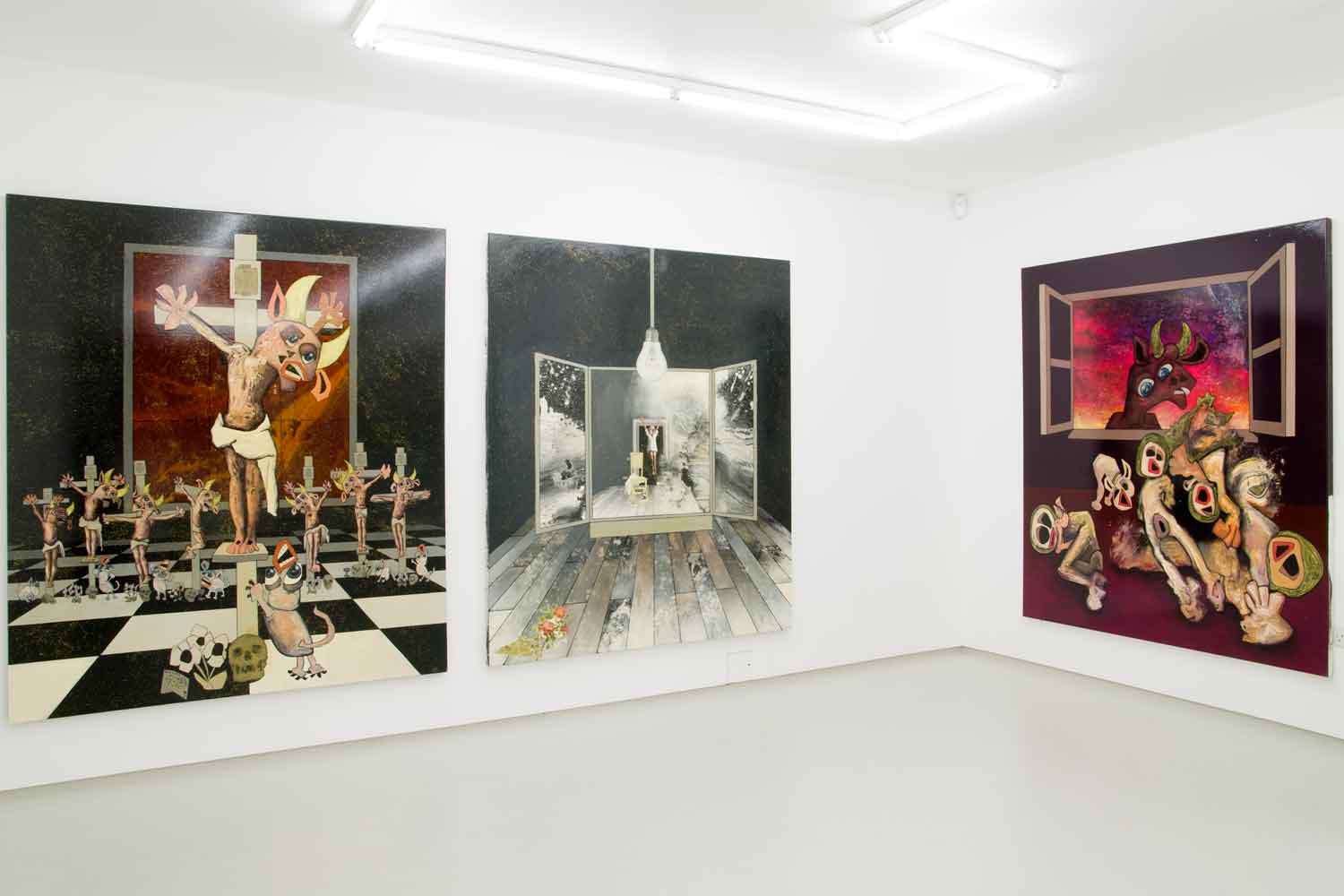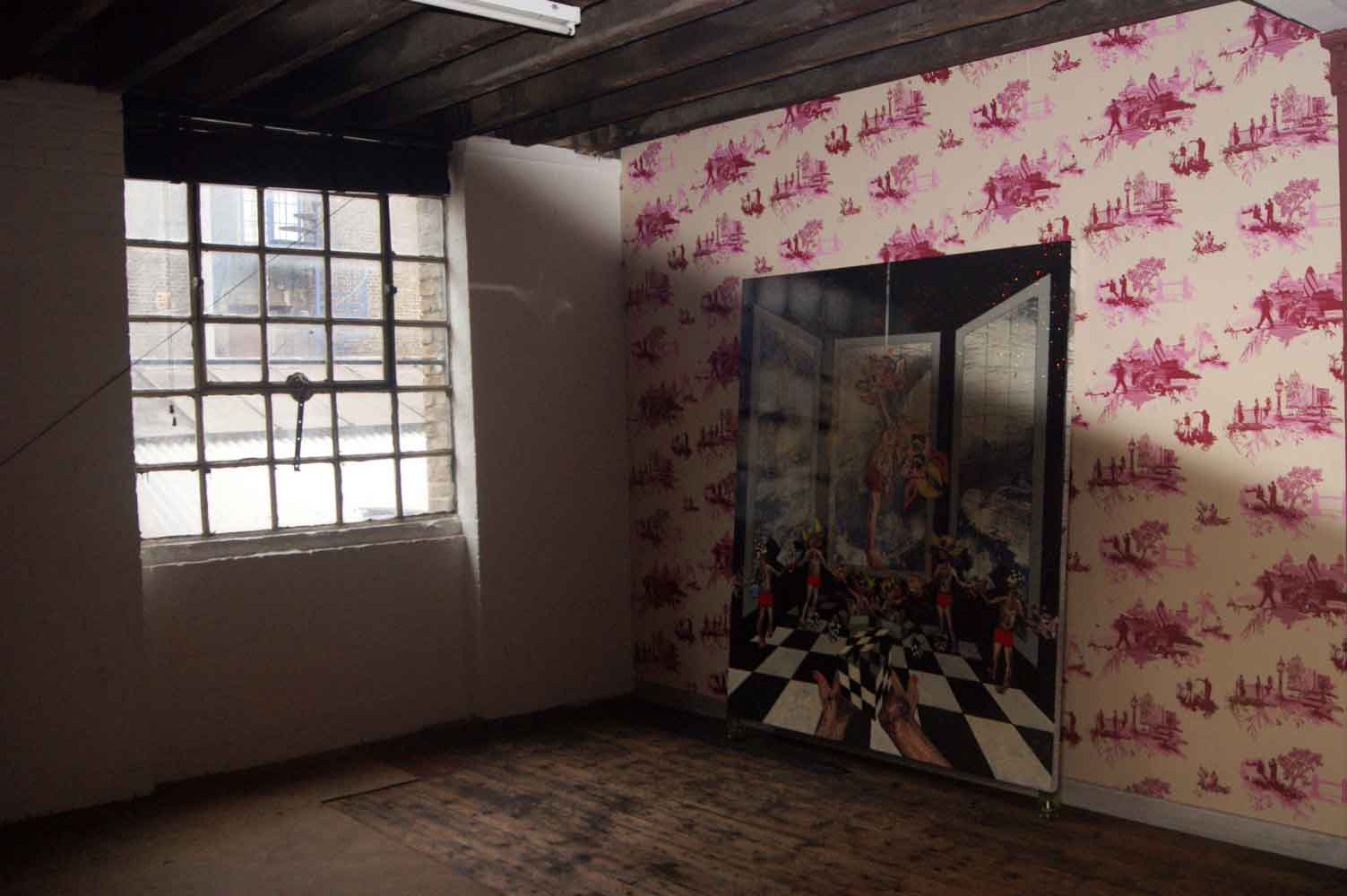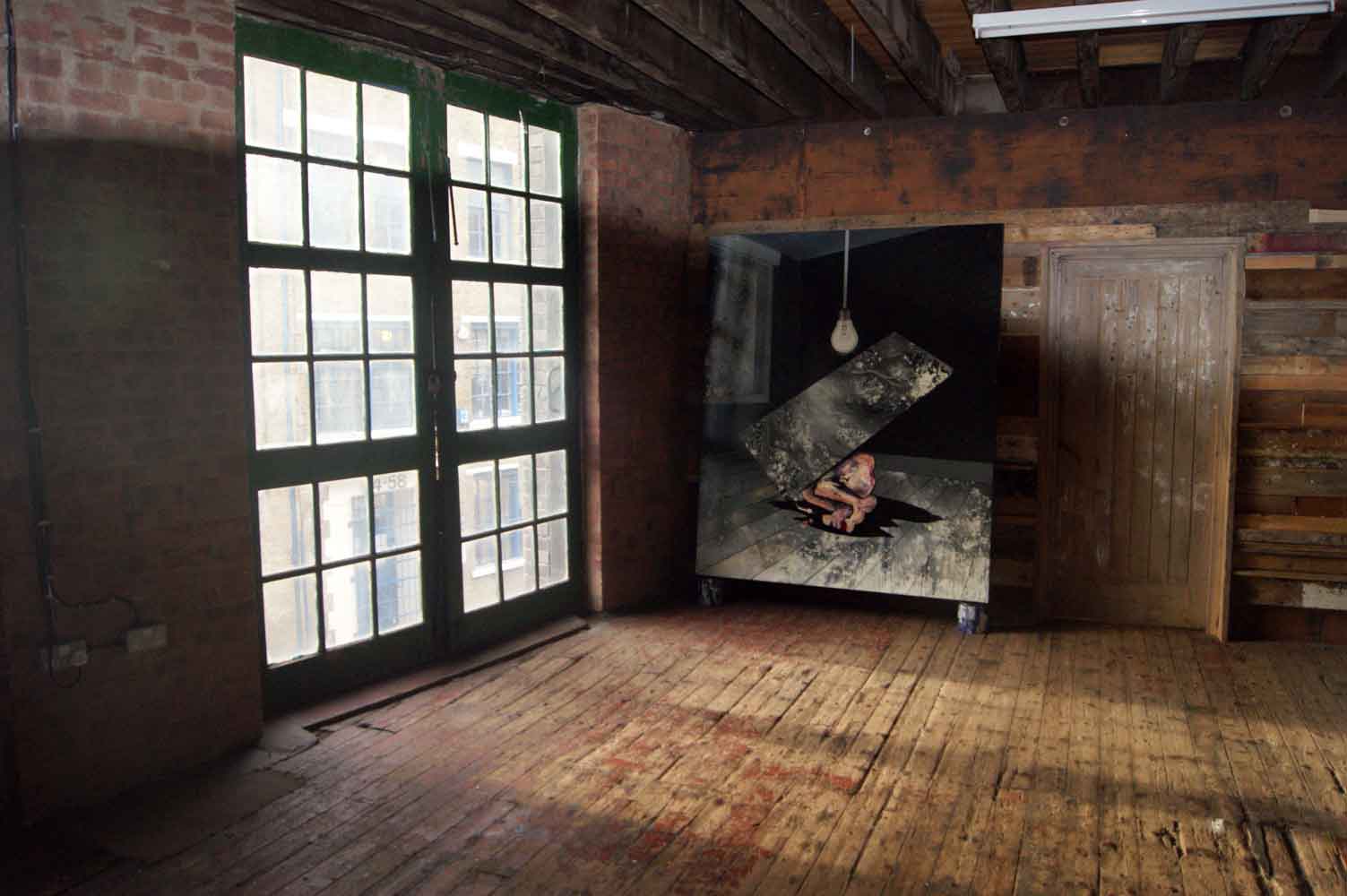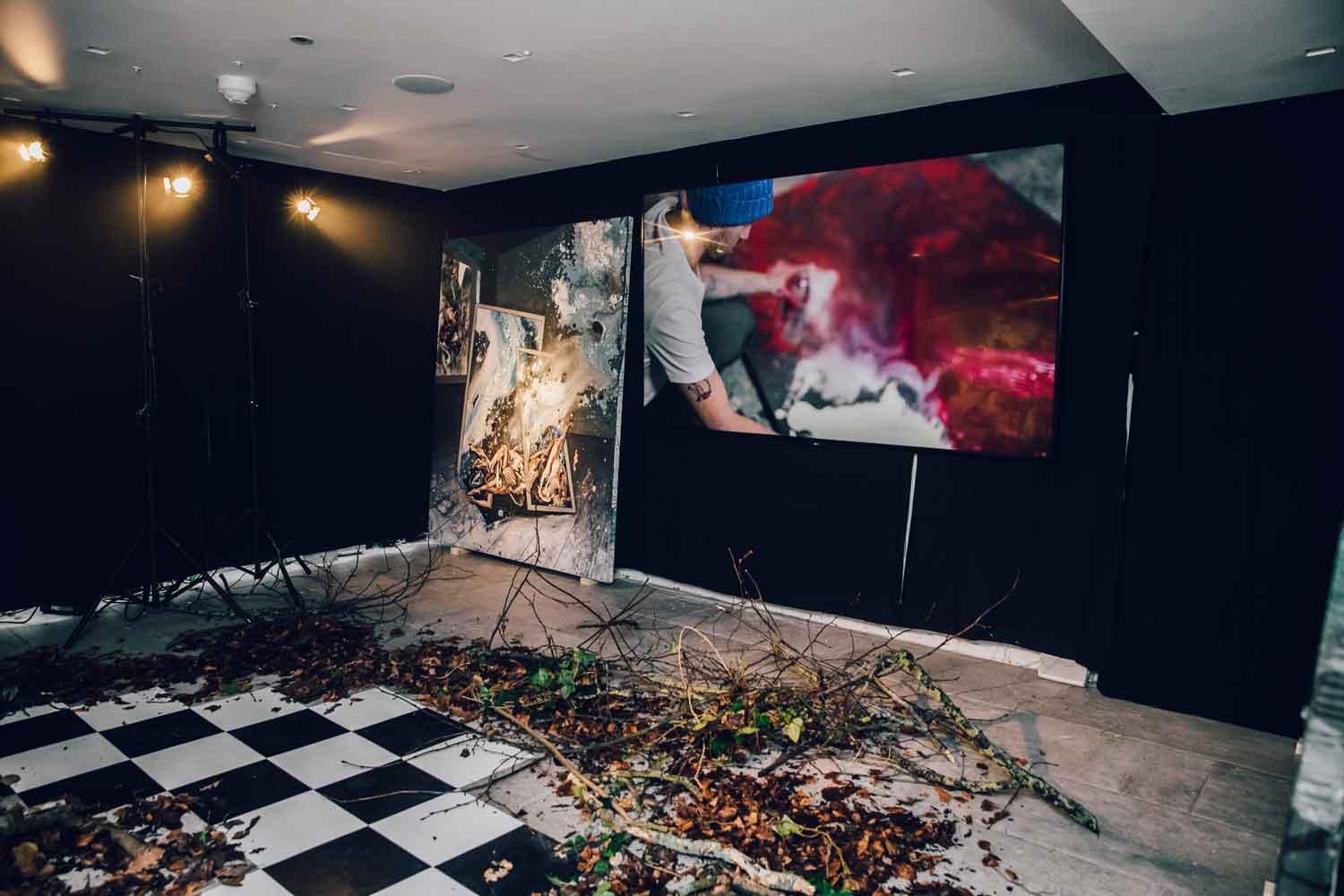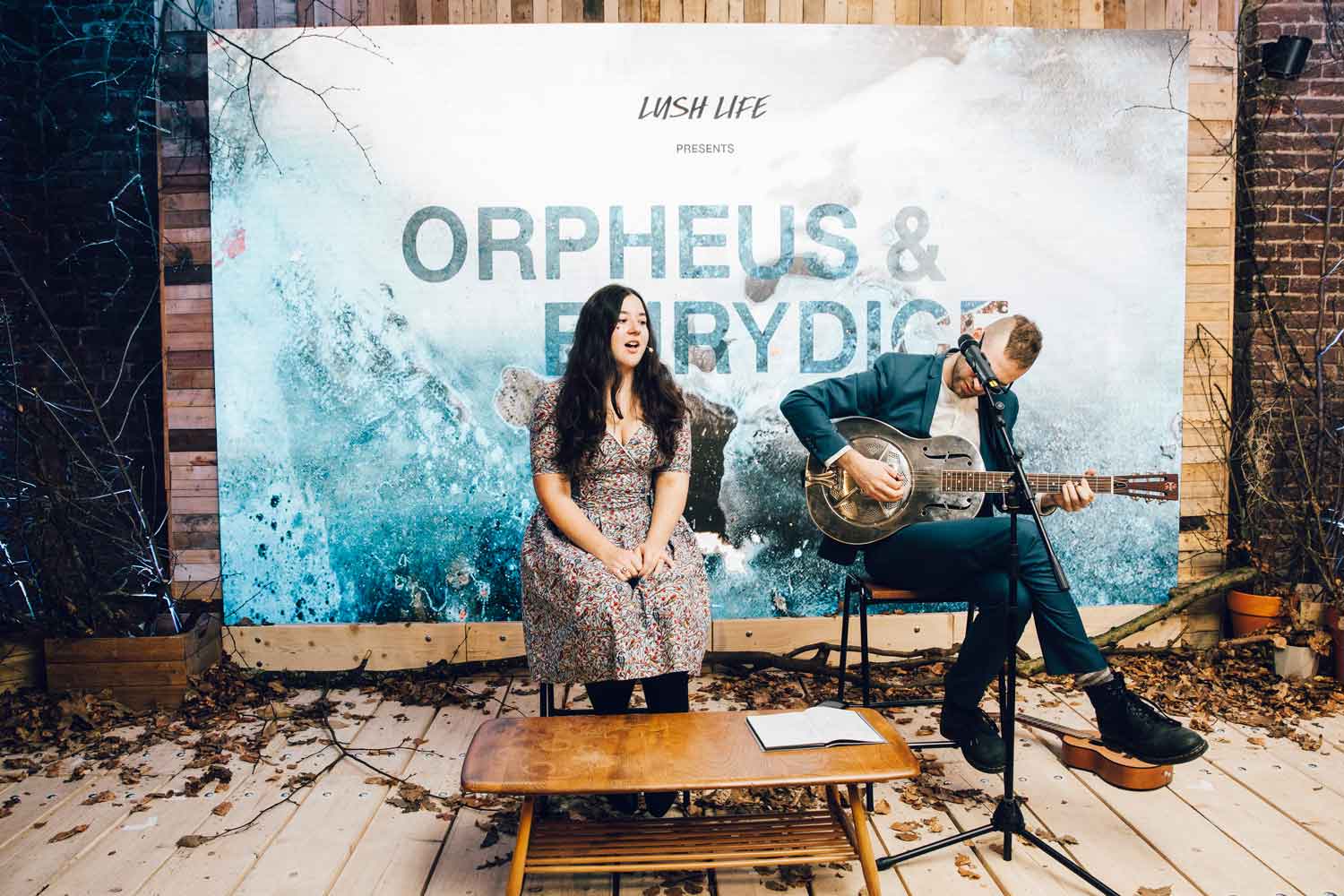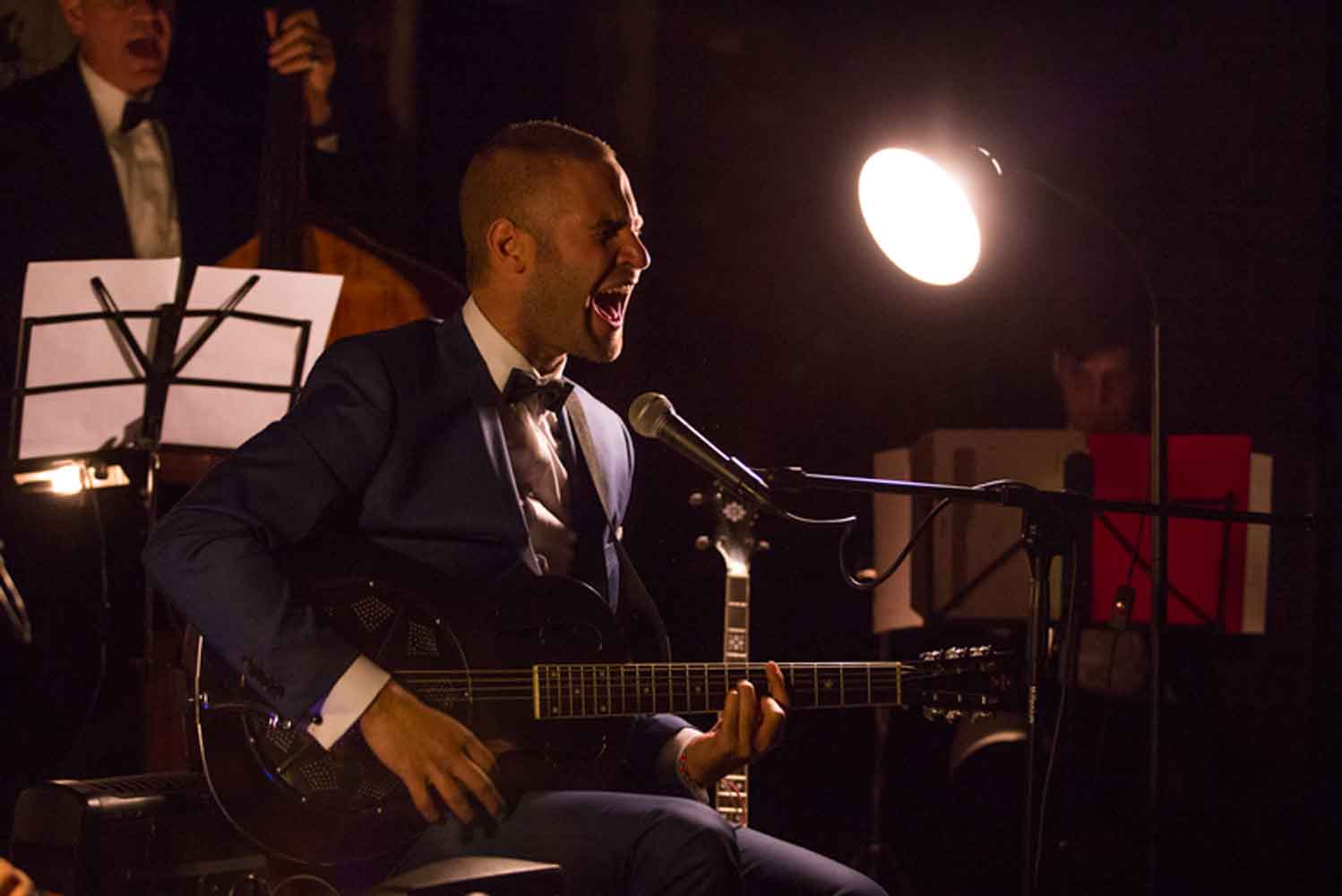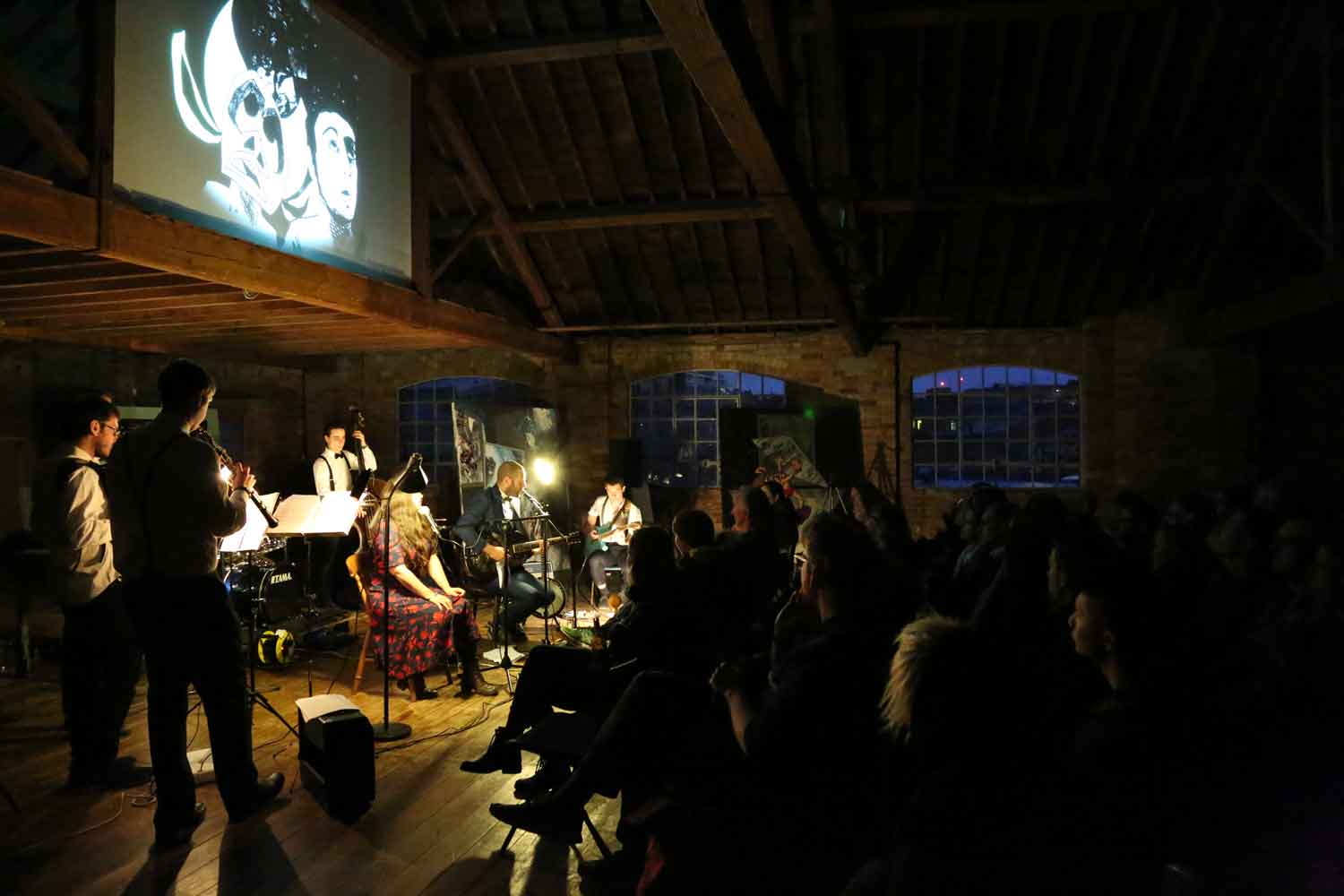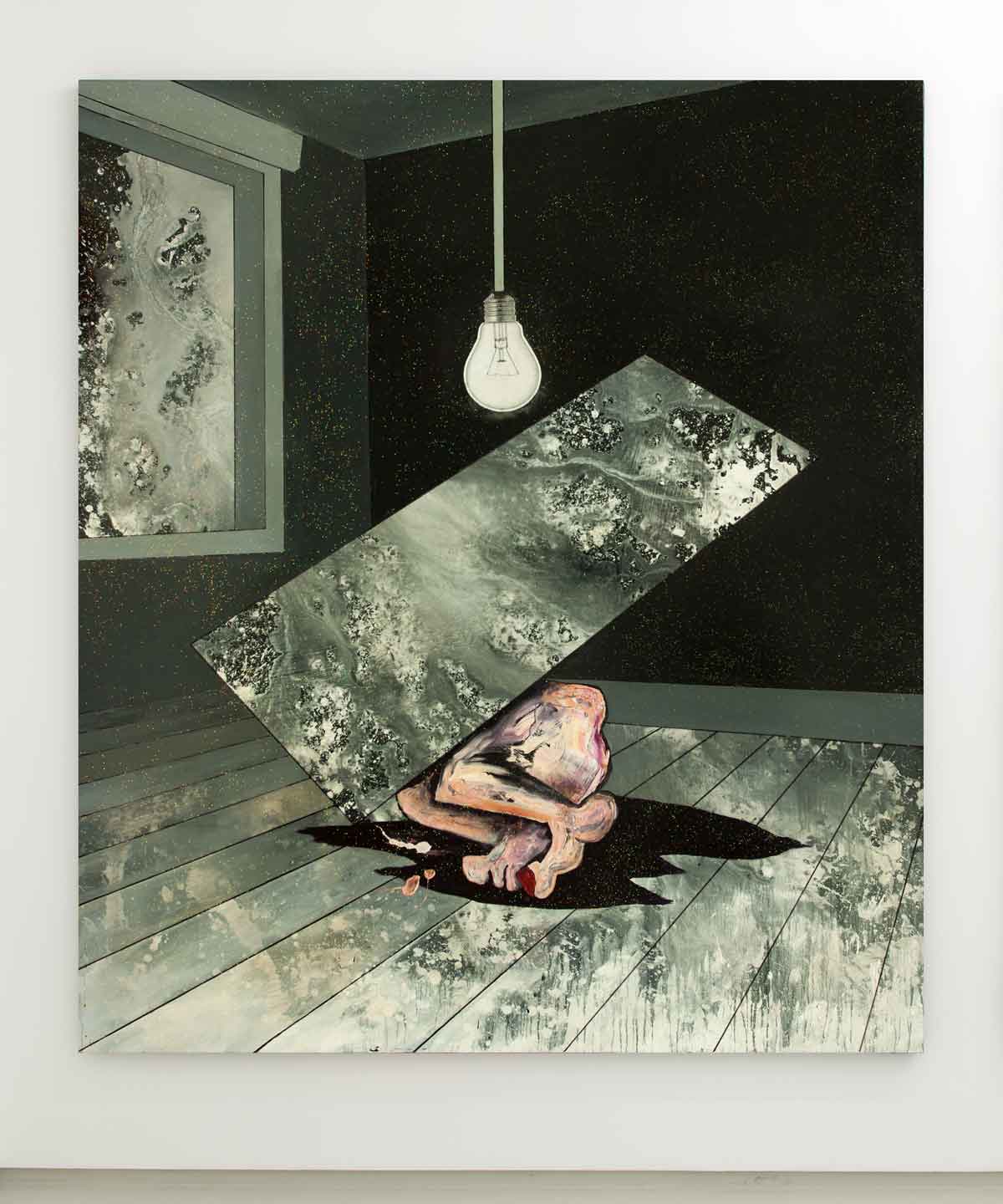
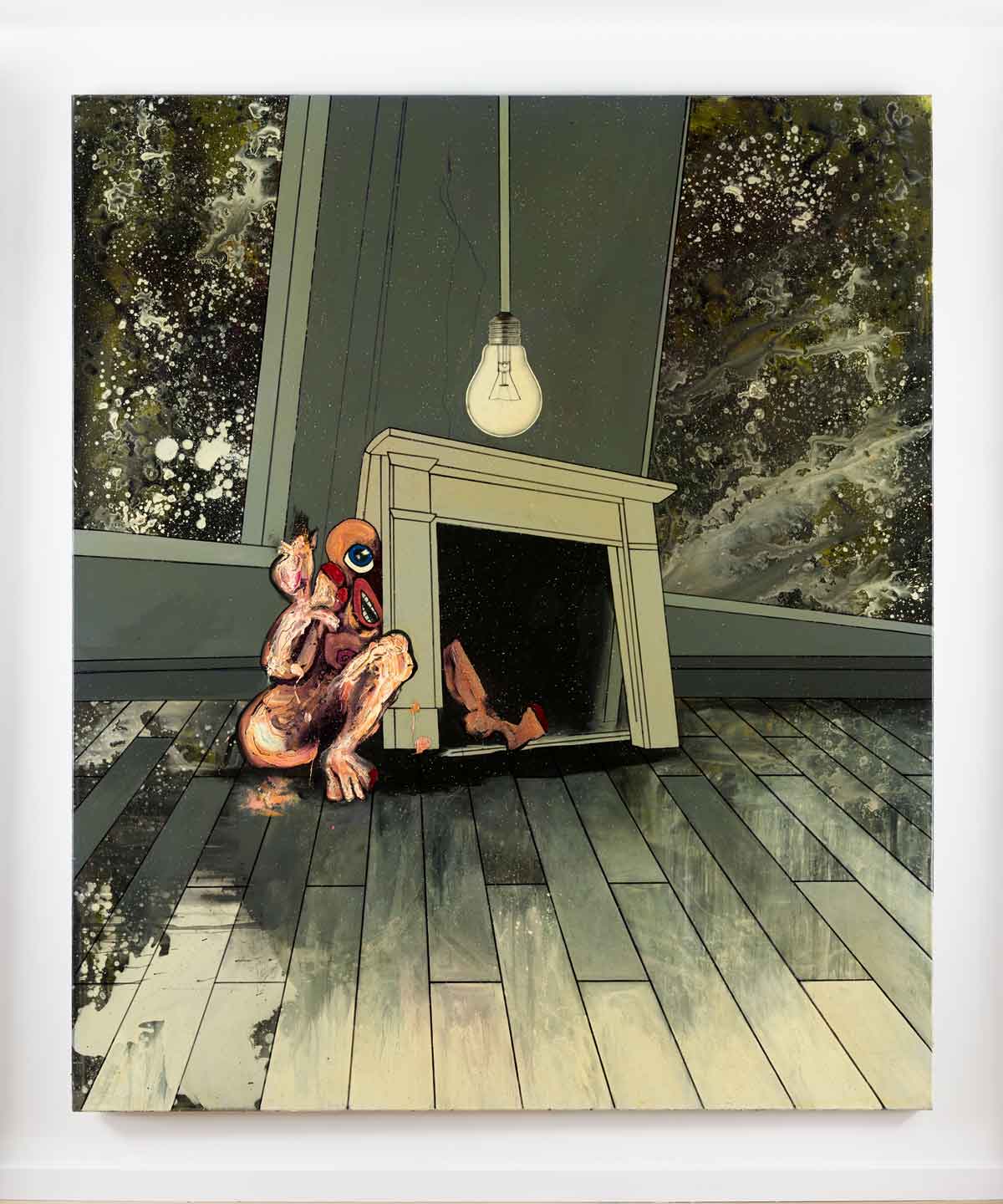
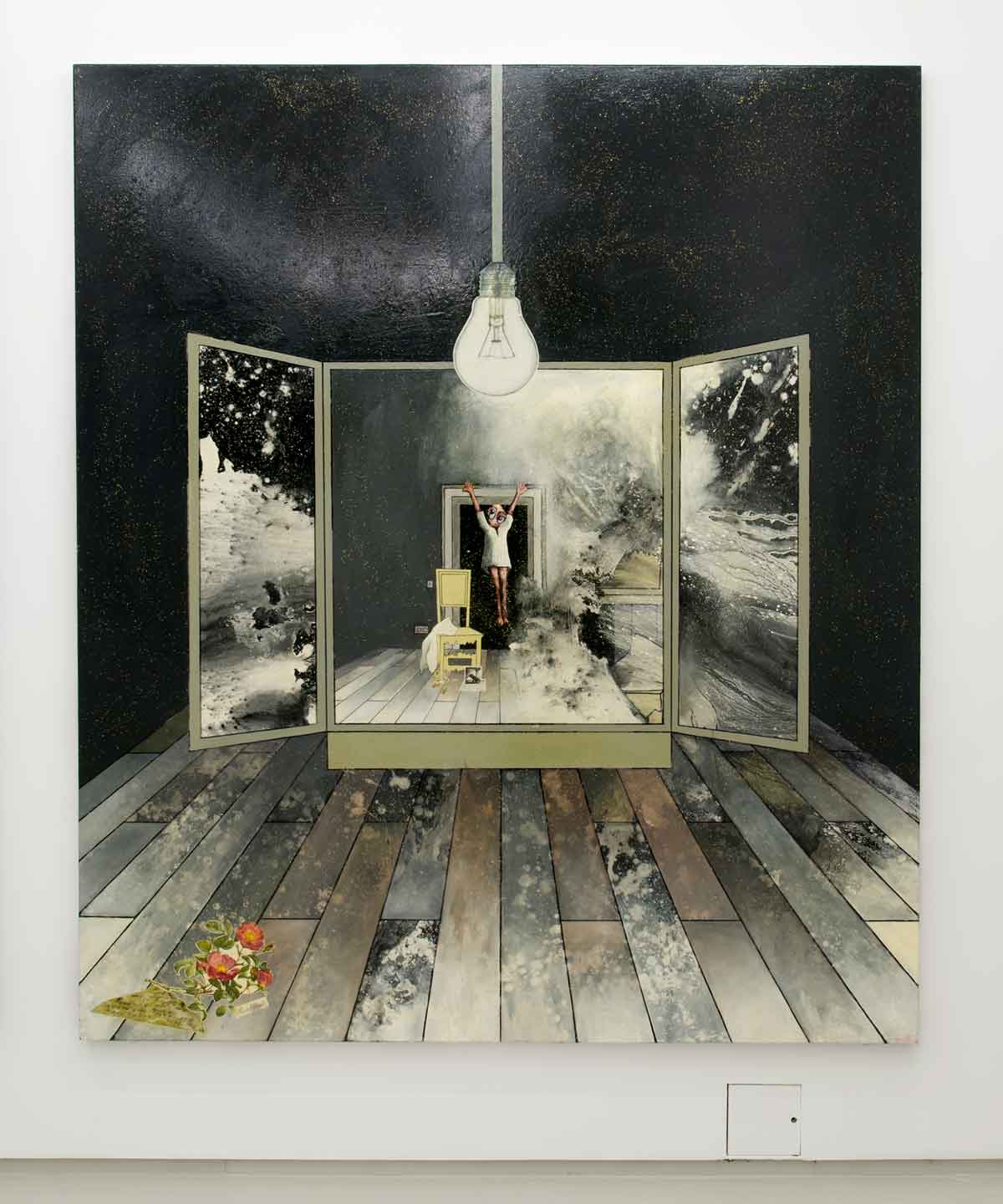
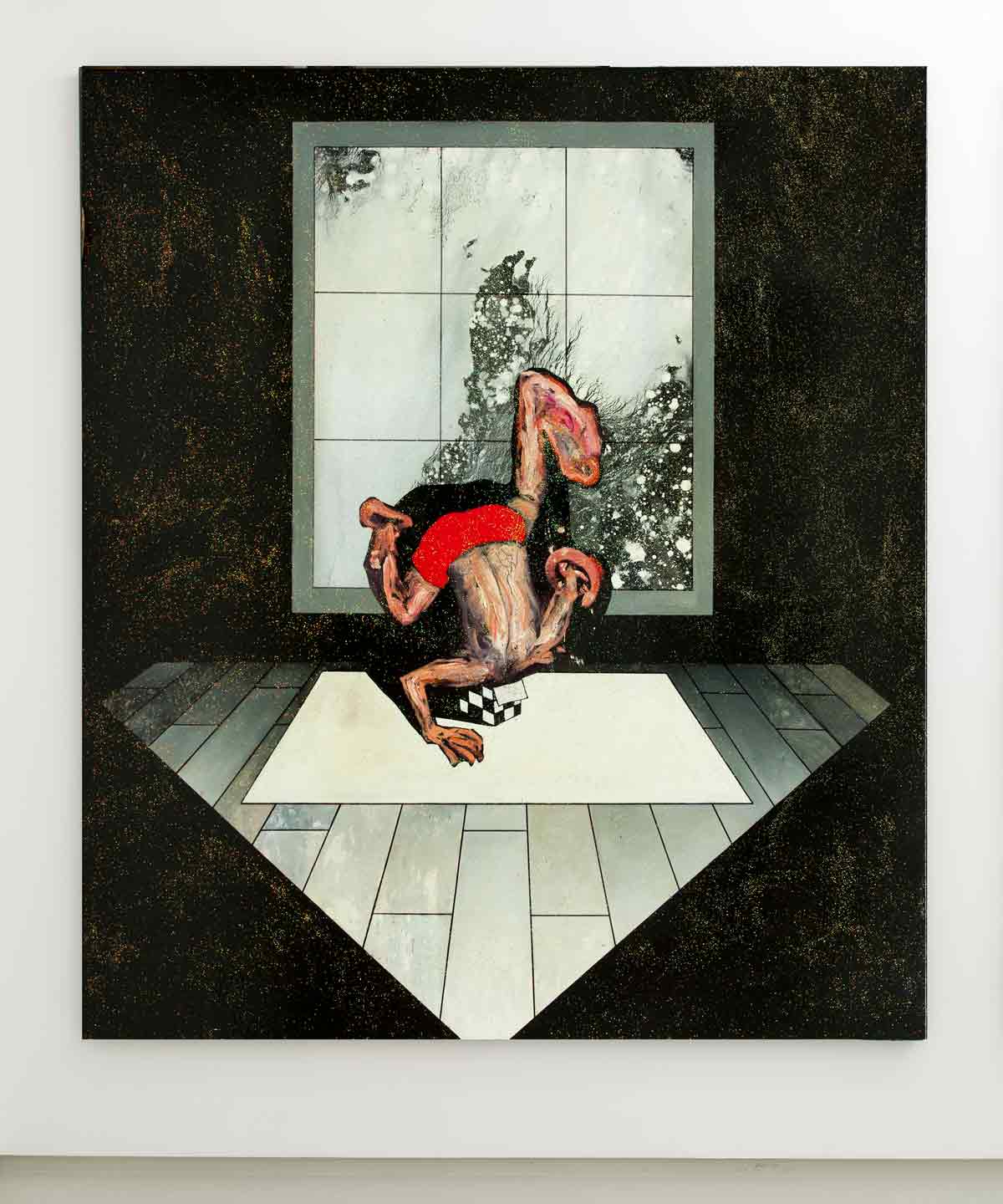
OE (Orpheus and Eurydice)
OE is a multimedia retelling of Orpheus and Eurydice, combining painting, a graphic fiction, poetry, music and film. The graphic novel (Bloomsbury 2017) sees Tom de Freston and Kiran Millwood Hargrave combine image and poetry to reimagine the myth. The film (Arts Council funded) is directed by Mark Jones and Tom de Freston, with poetry by Kiran Millwood Hargrave and music by Max Barton and Jethro Cooke. It depicts Orpheus return from the Underworld, where he makes a series of paintings which explore his memories and grief. The paintings seen in the film, by Tom de Freston, are the culminating part of the project. The multimedia exhibition combines all the elements.
Past performance and exhibitions from the project include a solo show at Breese Little Gallery, Lush HQ (London) and two exhibitions/performances at 47/49 Tanner Street (the first of which was runner up at the Saboteur Awards for best one off performance).
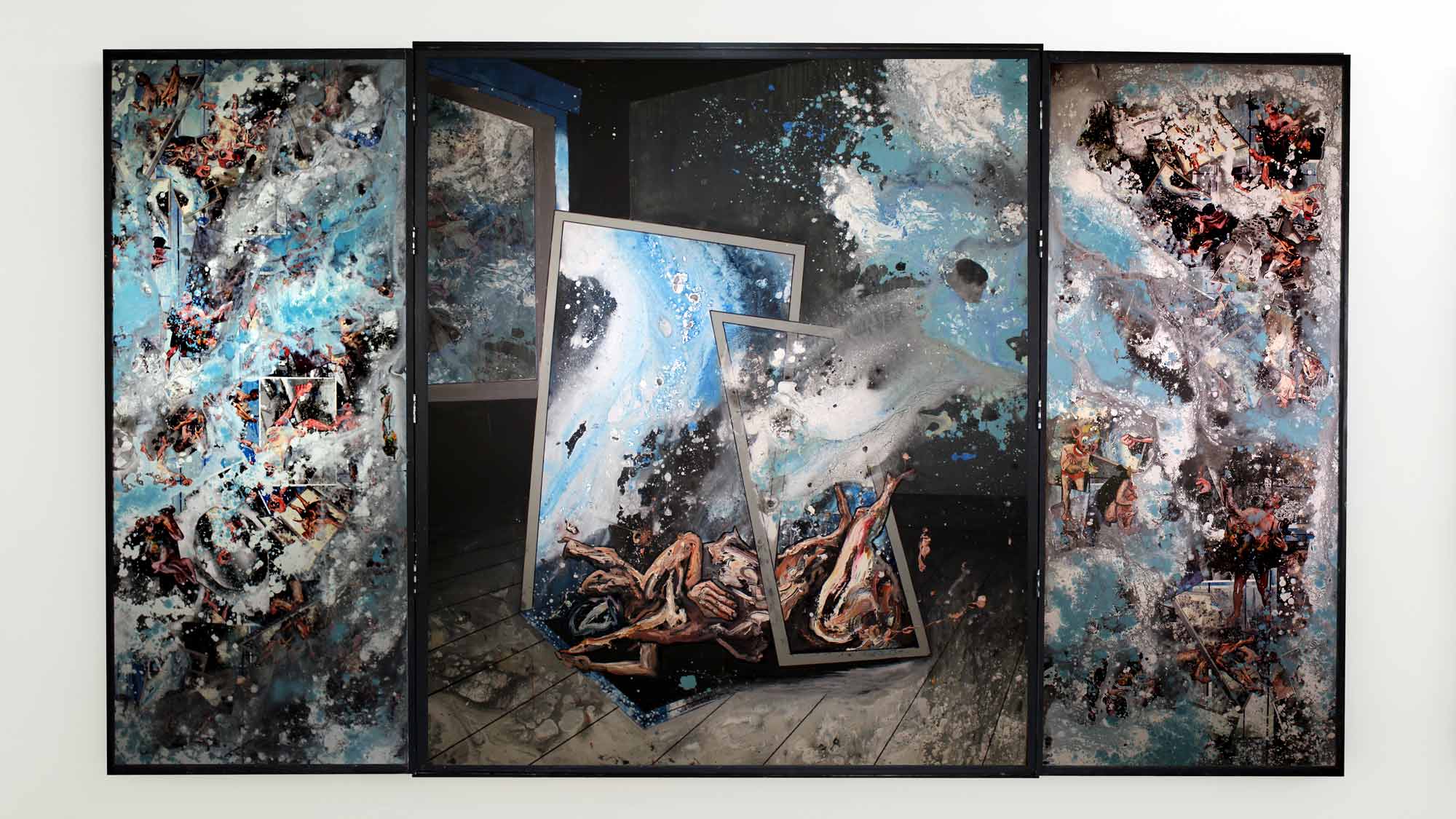
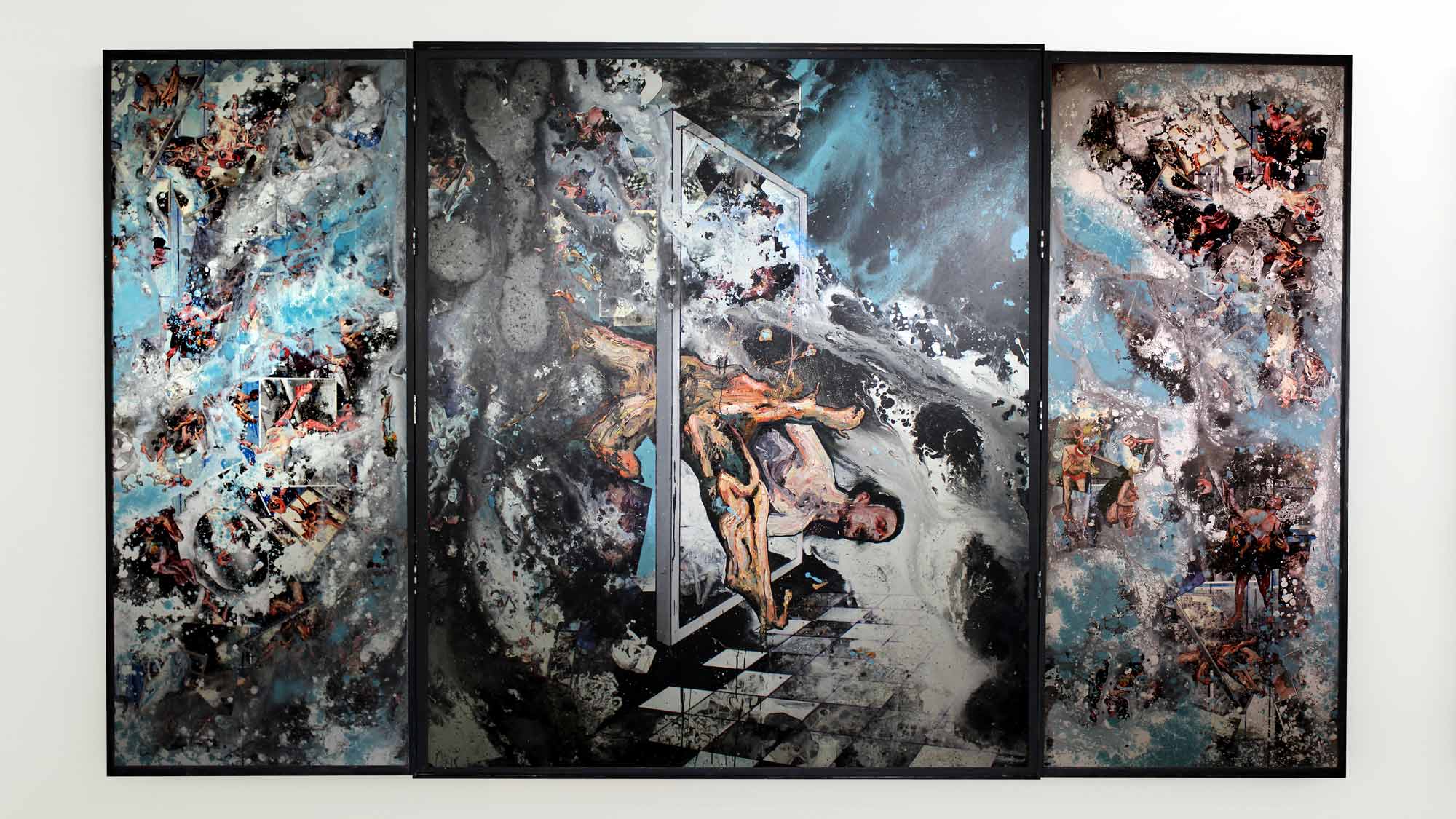
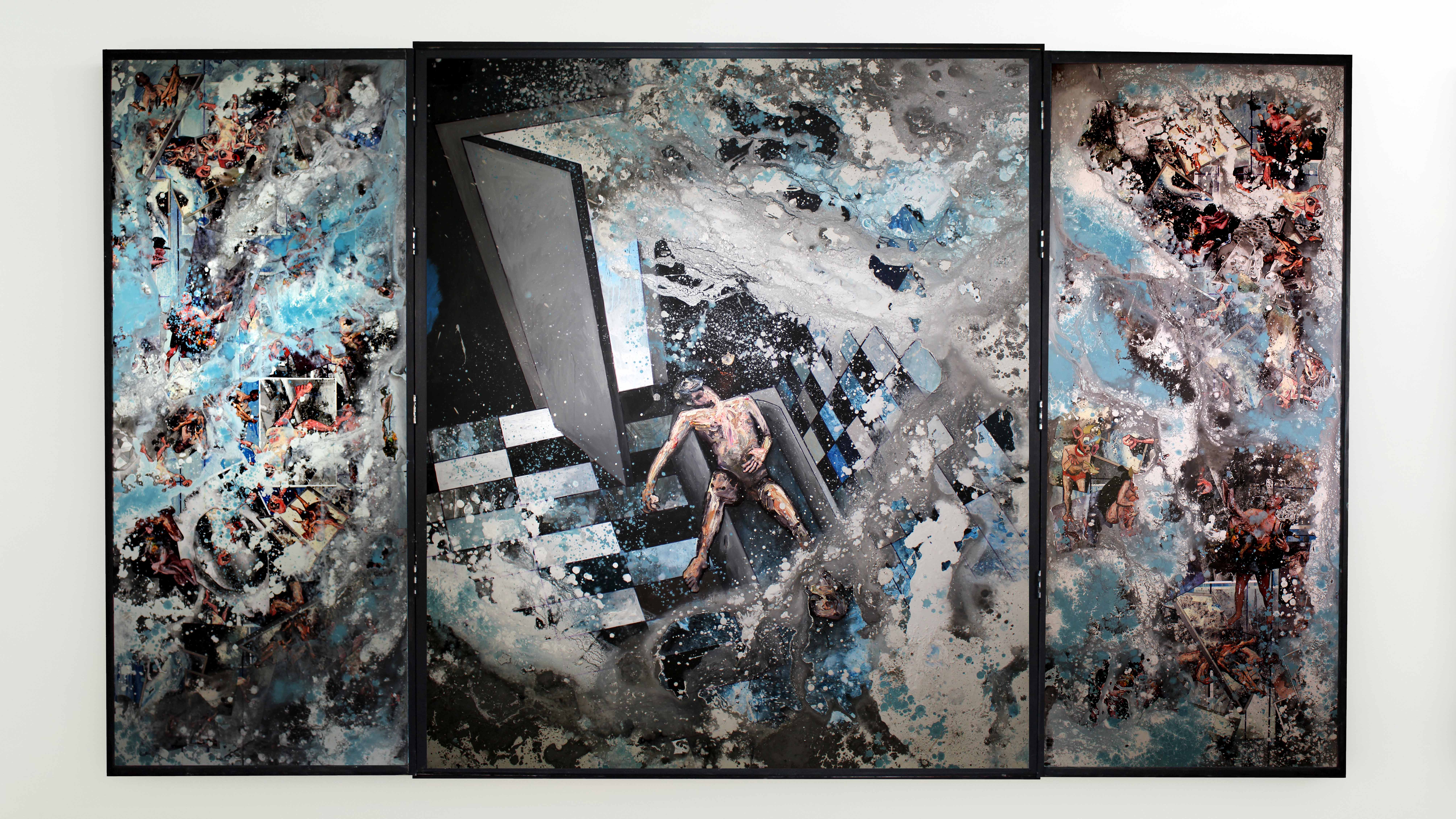
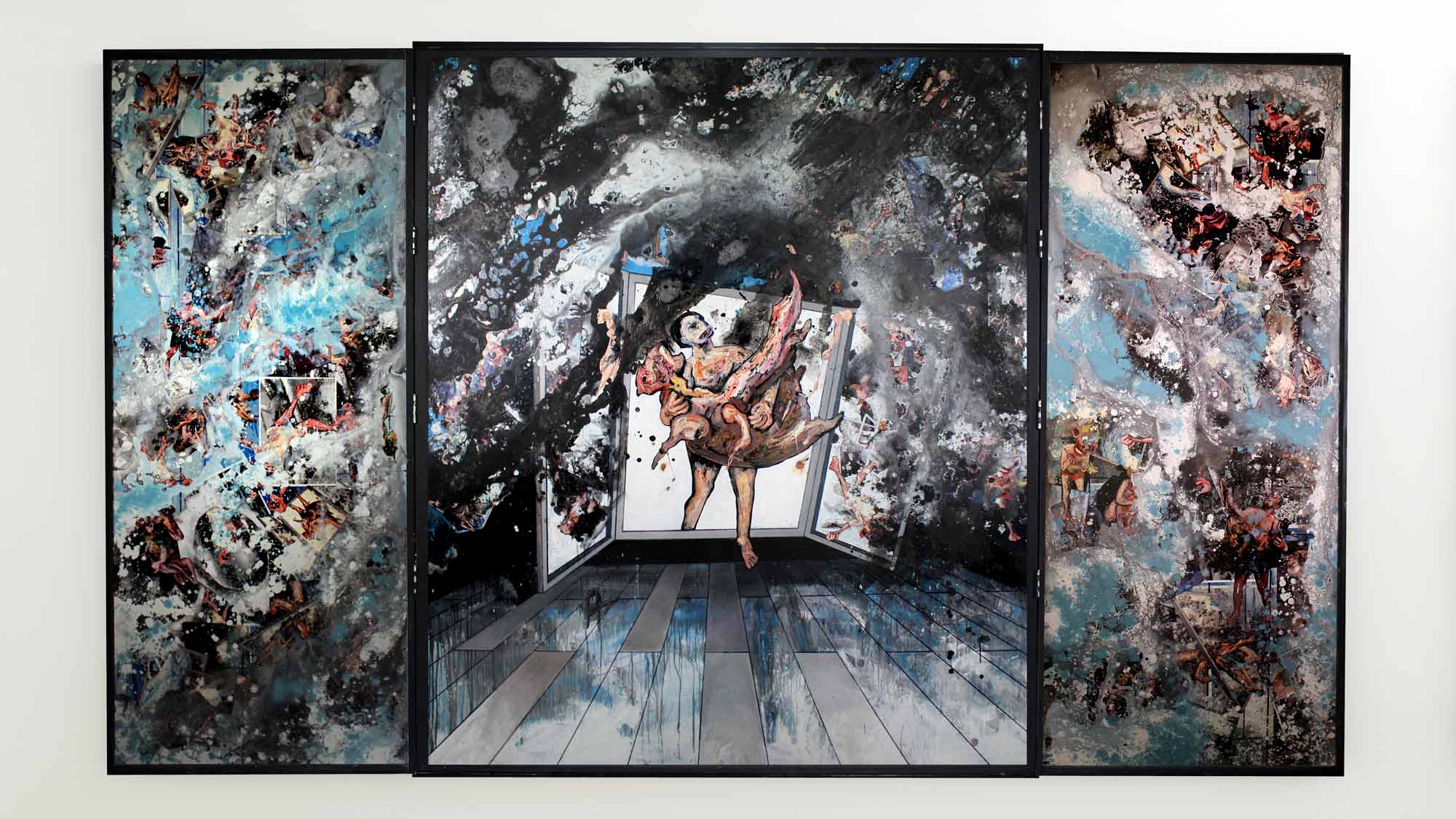
Orpheus and Eurydice is not just a reworking of a myth but a machine of its own, firing in its wires fragments of polyphony. Ground-breaking in its creativity and the fertility of its imagination, it resists easy definitions of classification, and yet, its vulnerability and intimacy also makes it wholly accessible. I have little doubt that it’ll be the work against which future hybrid and collaborative endeavours are measured.
Claire Trévien
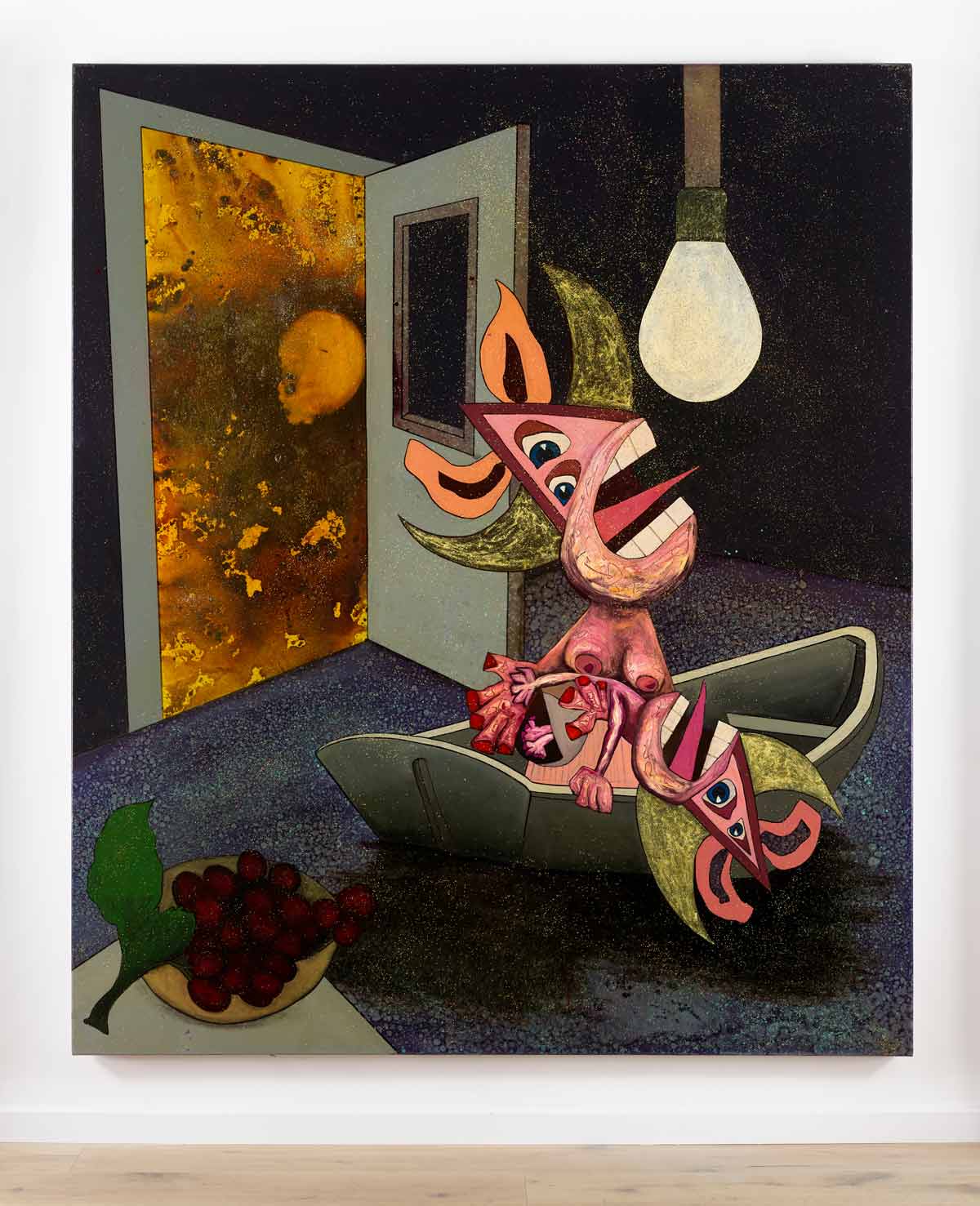
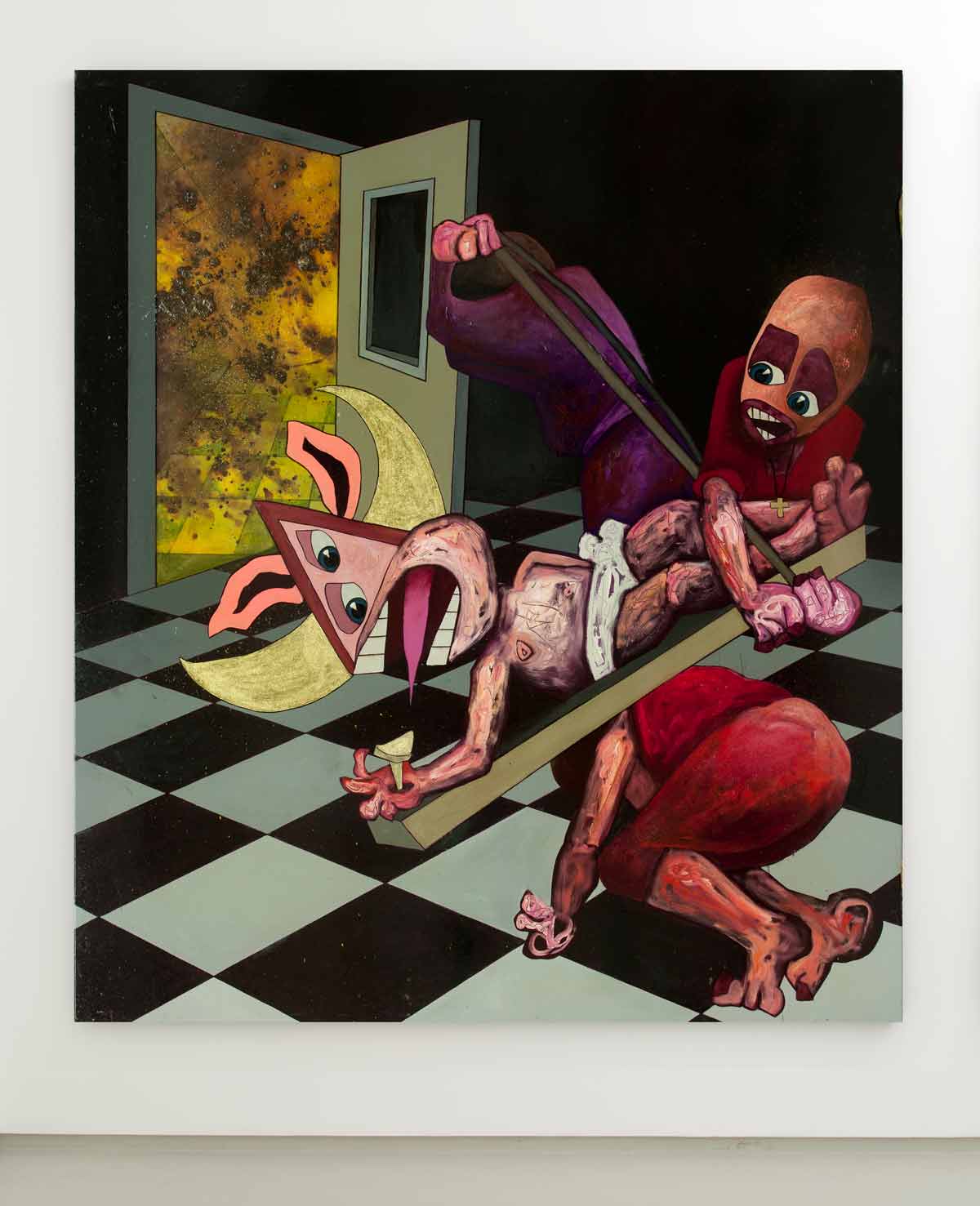
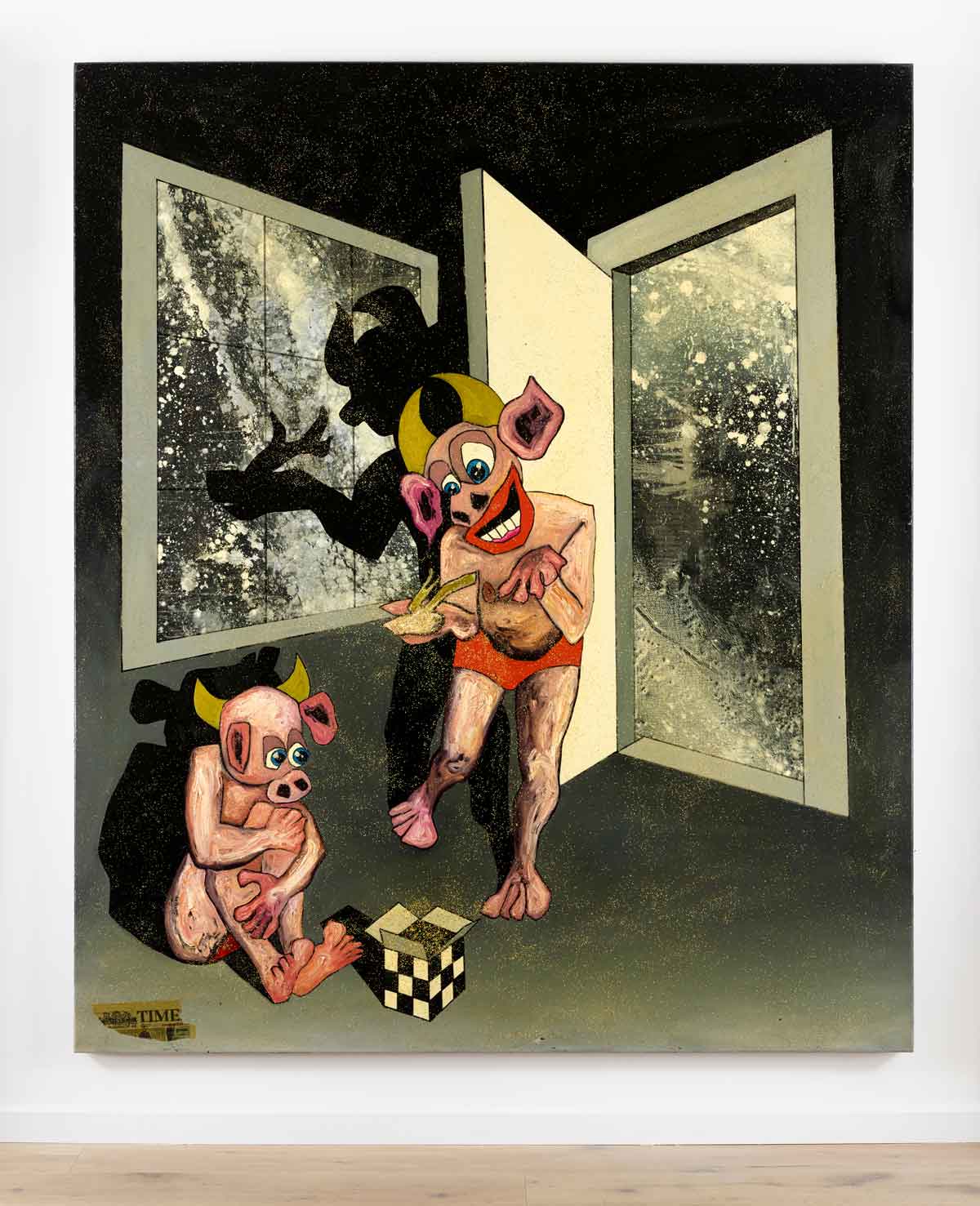
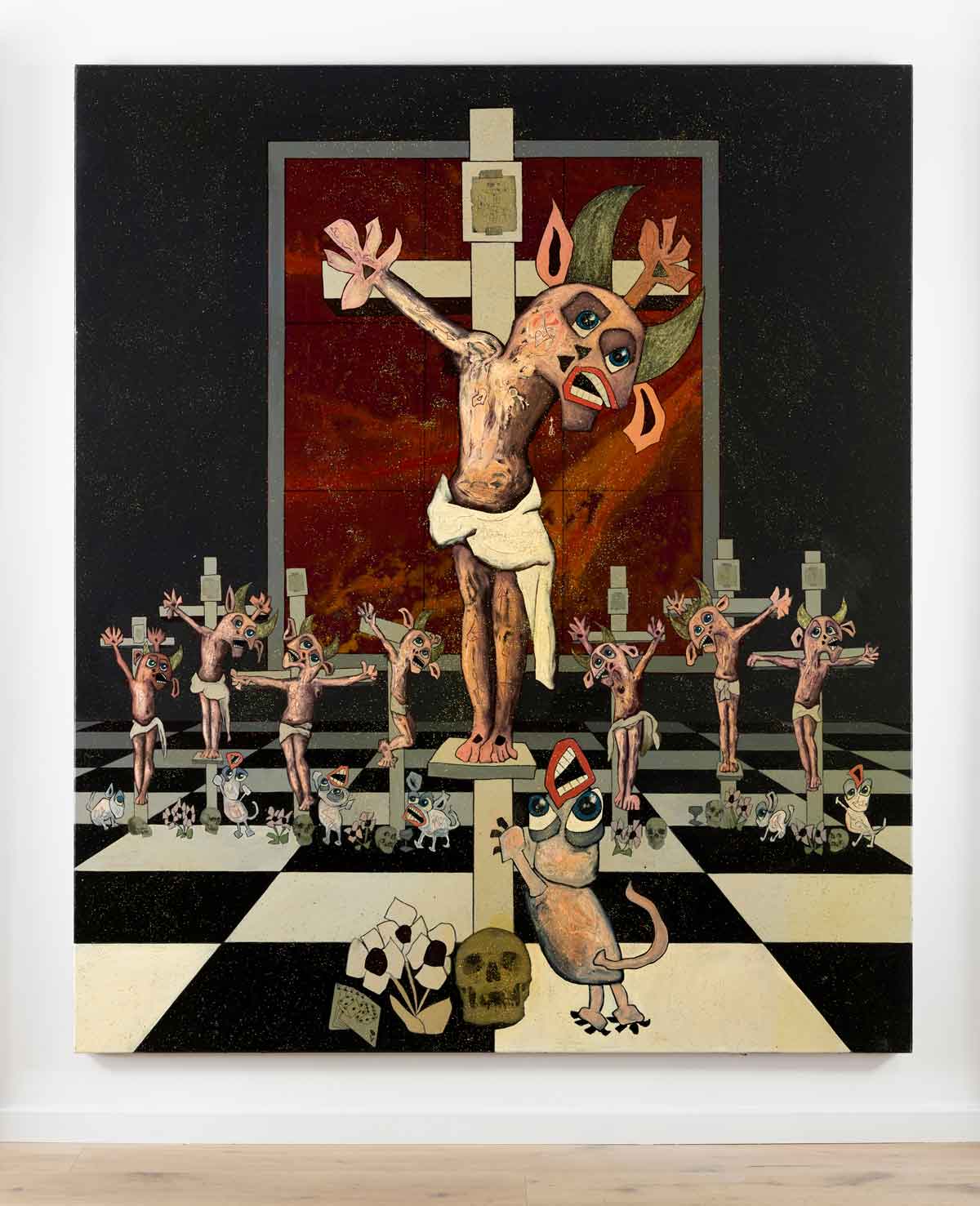
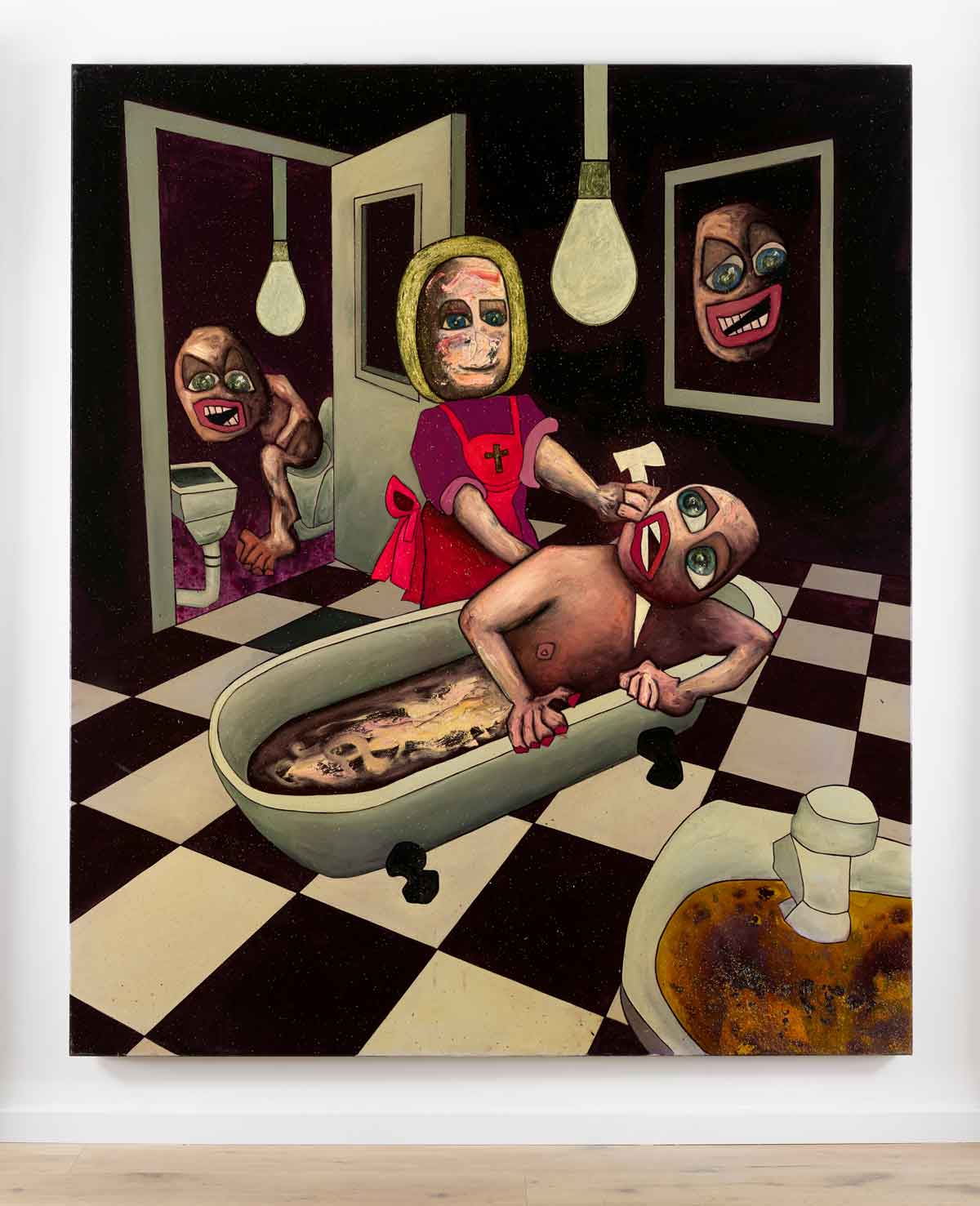
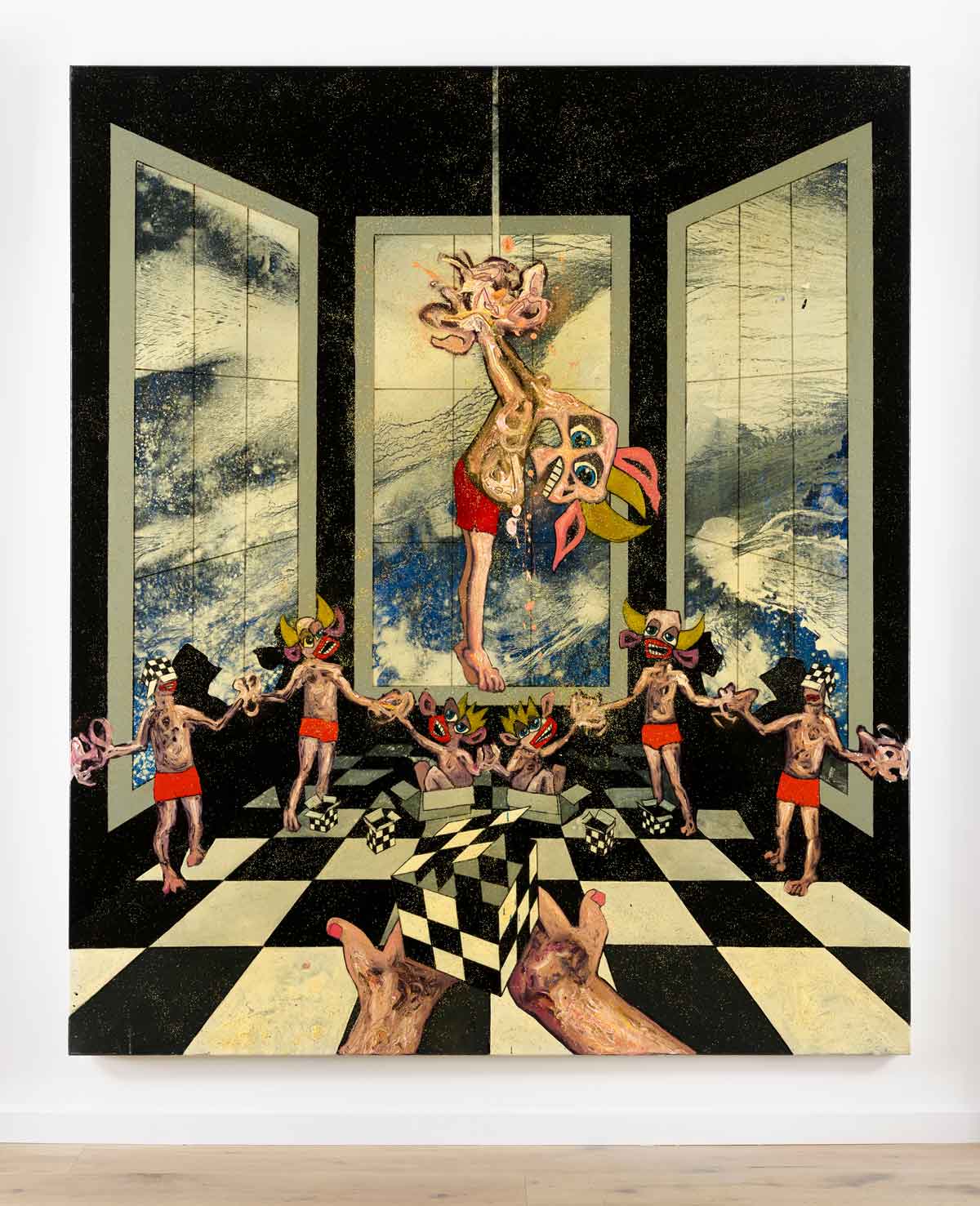
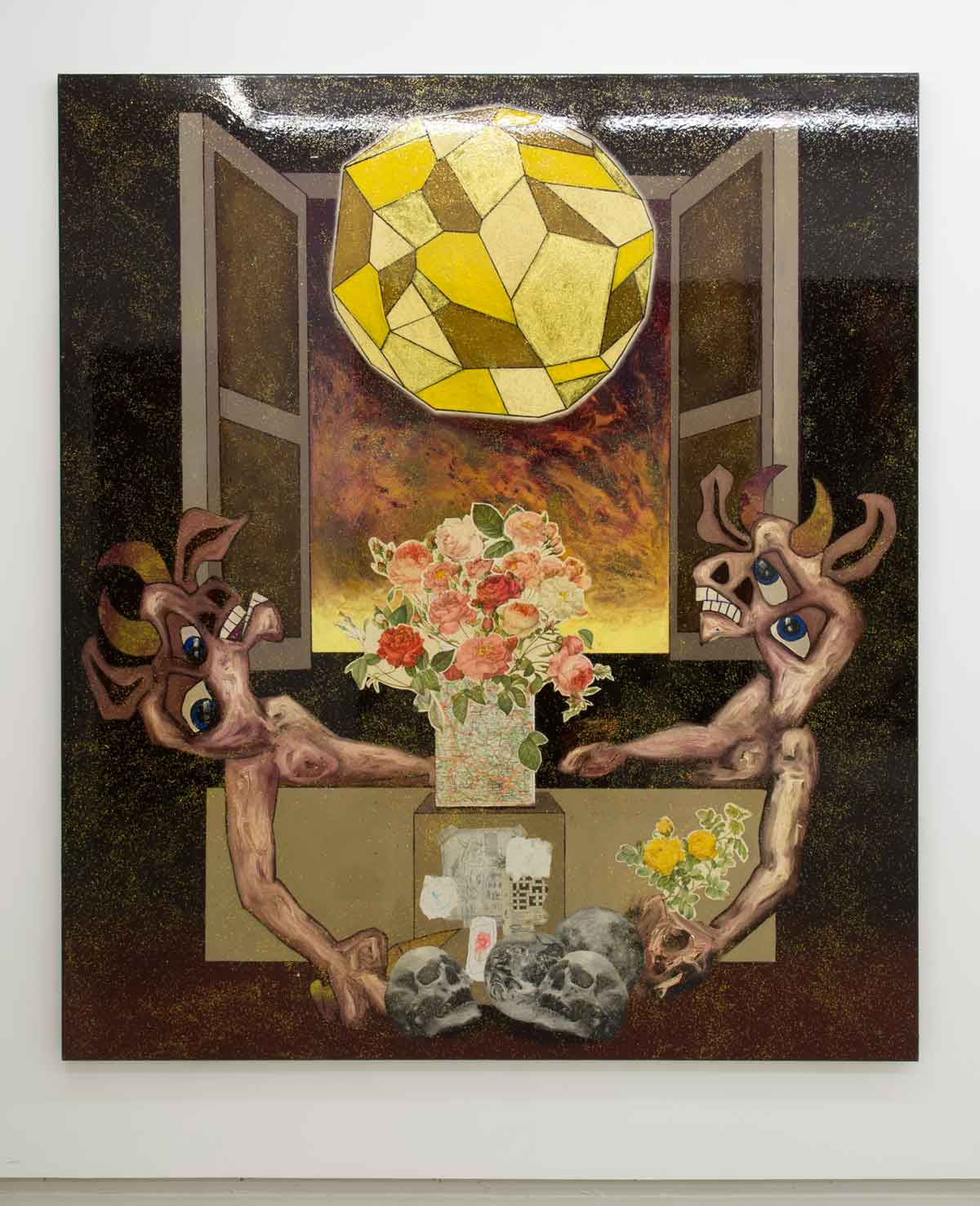
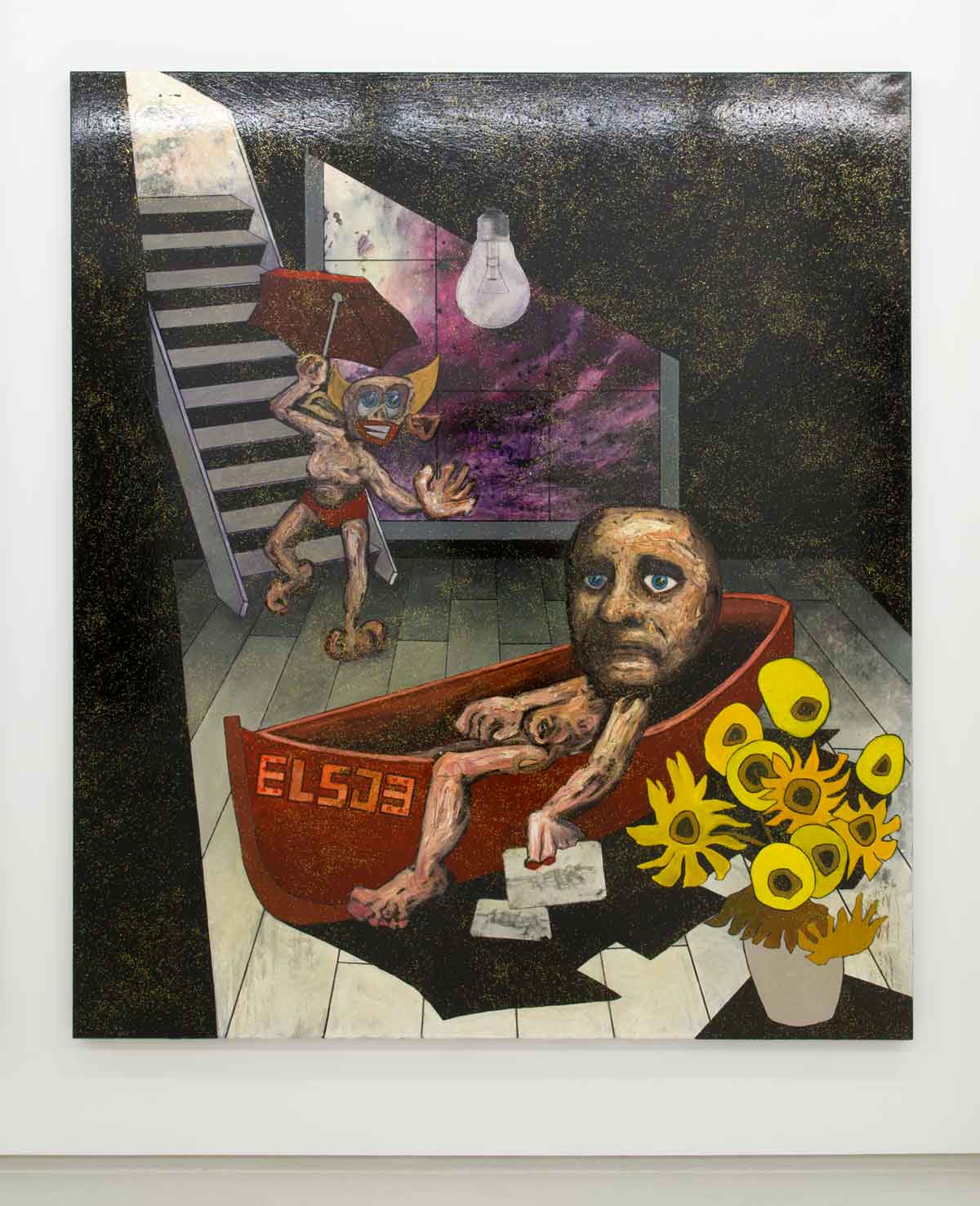
Amazing. This radical, romantic, questing hybrid reinvention of Orpheus and Eurydice is really special…I love it
Max Porter
“There is a radical honesty about this book, one which grabs you where it hurts and pulls you in. It’s like eavesdropping on your own repressions, and just as thrilling, disturbing and compulsive. It’s also like slipping into the space between-the space between self and self; self and other; self and death; self and history; self and poverty; self and woeful, serious, inconsolable responsibility; self and atavistic, inescapable myth. That space between is where we live, if we live anywhere, and yet it is really seen or named. It is especially rarely seen or named in present-day culture and publishing, where everything is secured in advance by a marketable career, recognised expertise, established precedent. Between author and author, word and image, criticism and creativity, this book stakes out a different territory, one which corresponds with the state of tremulous and passionate mortality in which we are both most profoundly together and most tragically bereft. Amen, perhaps, is an appropriate response.” – Professor Ewan Fernie, The Shakespeare Institute
“Exhilarating, visionary and genre-defying. A free-wheeling but ingeniously focused reimagining of Orpheus and Eurydice which renovates our expectations of the essay, art object, lyric, notebook, poetic sequence and everything in between with equal grace and accomplishment. This book somehow manages to be urgent essential reading and a treasury you’ll return to for years to come” – Luke Kennard, Senior Lecturer in Creative Writing, University of Birmingham
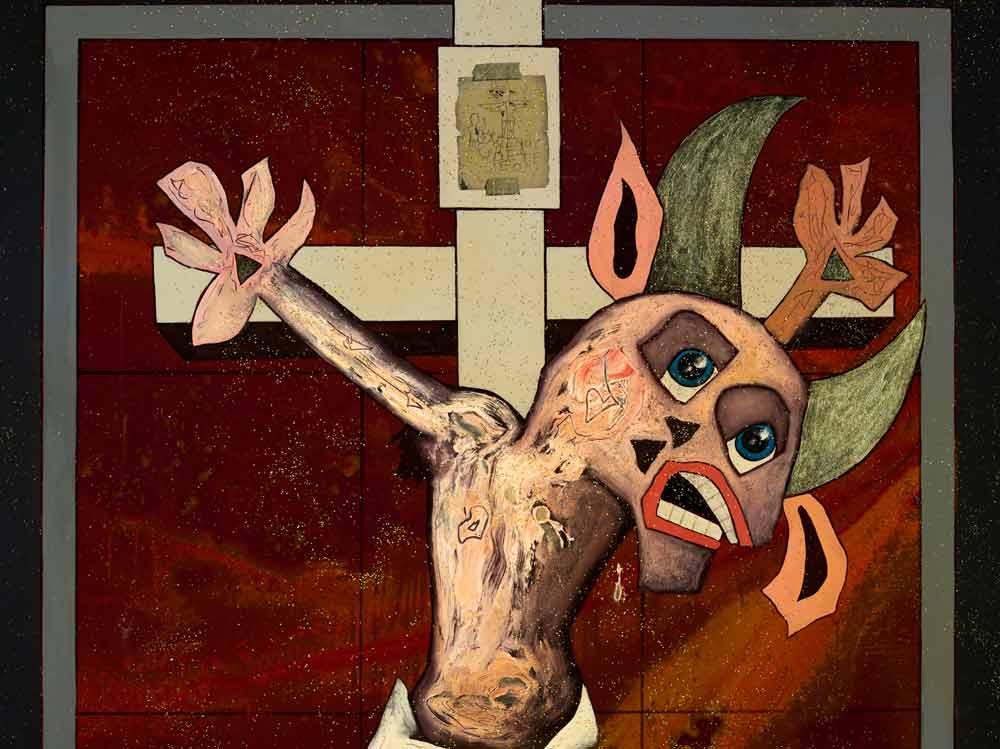
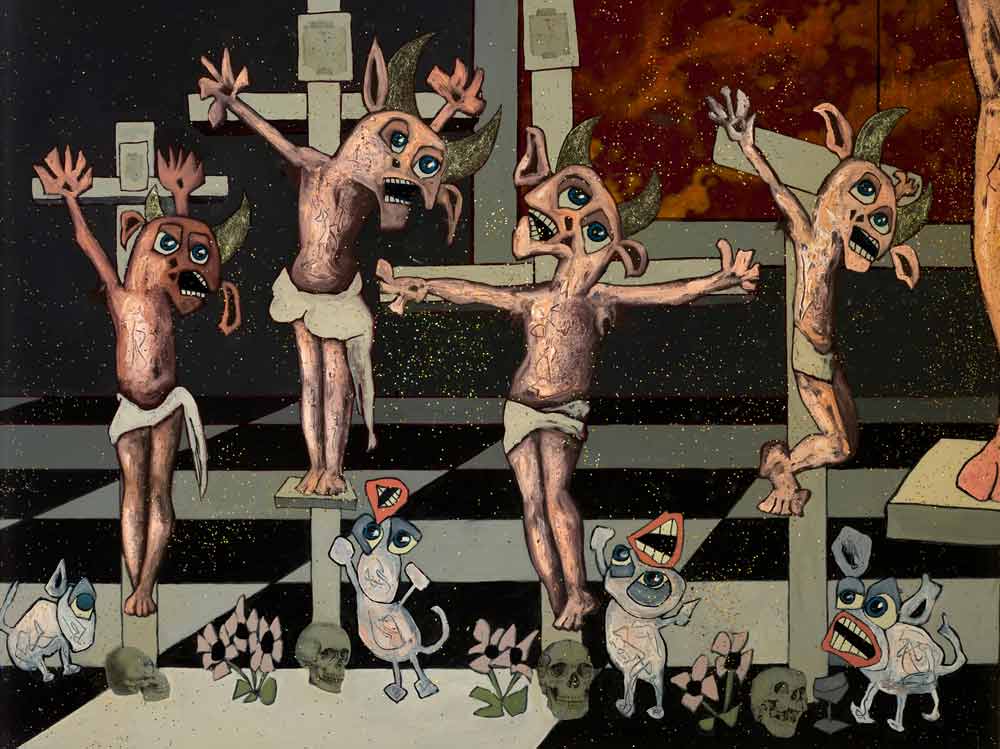
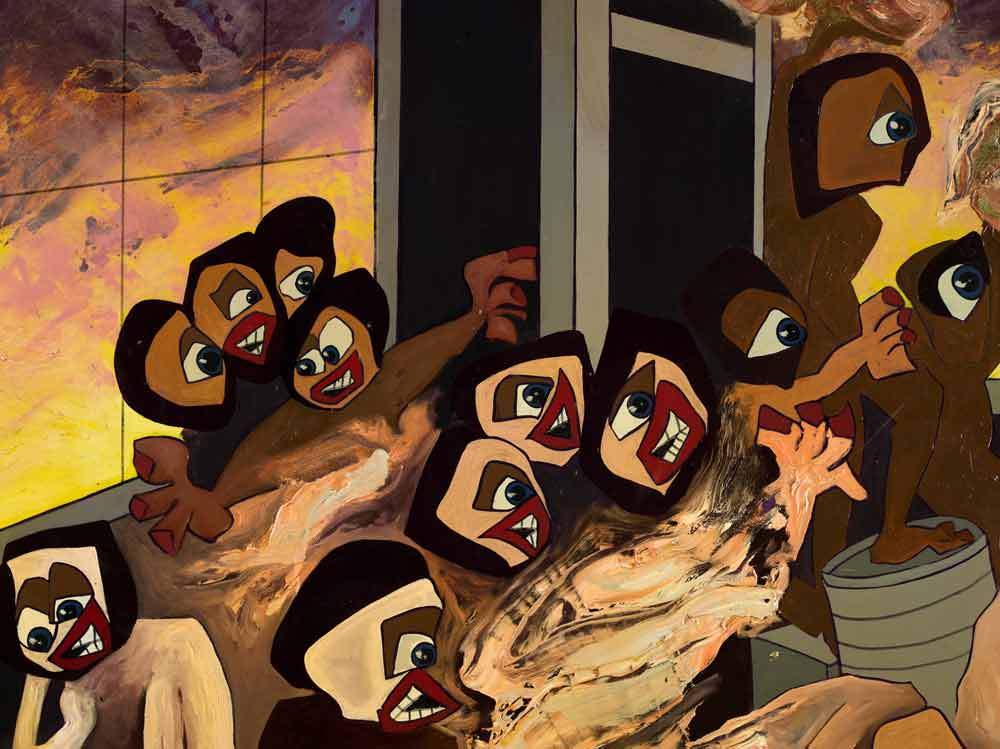

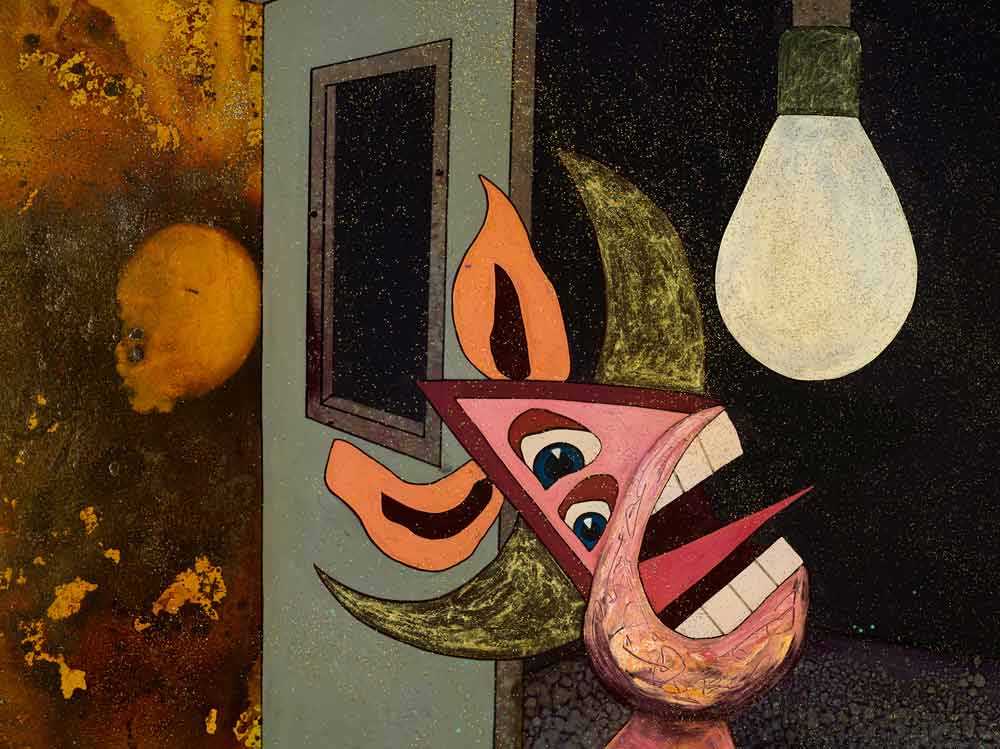
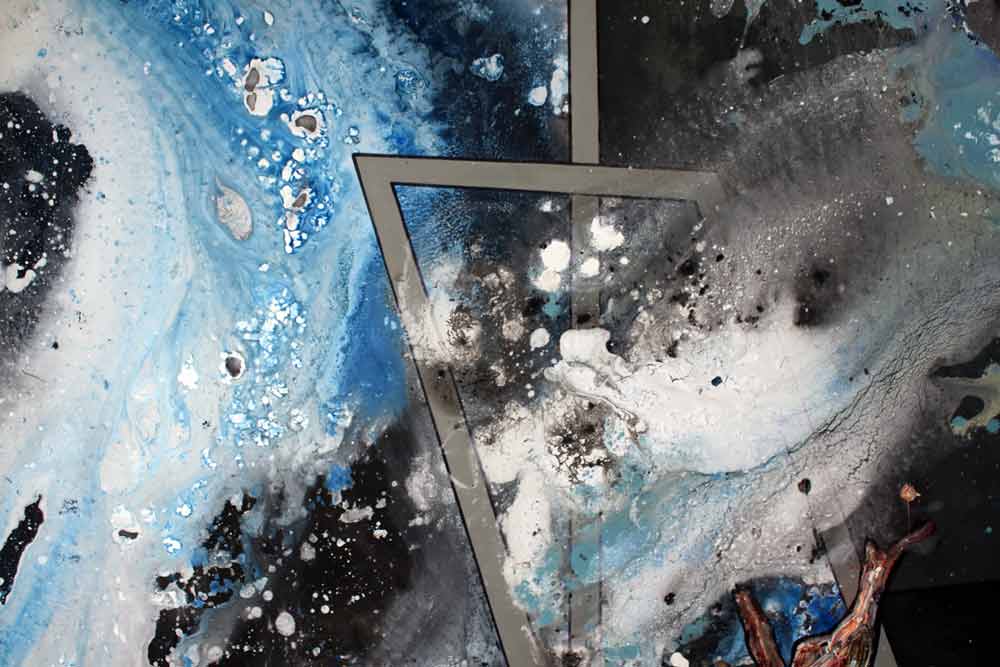
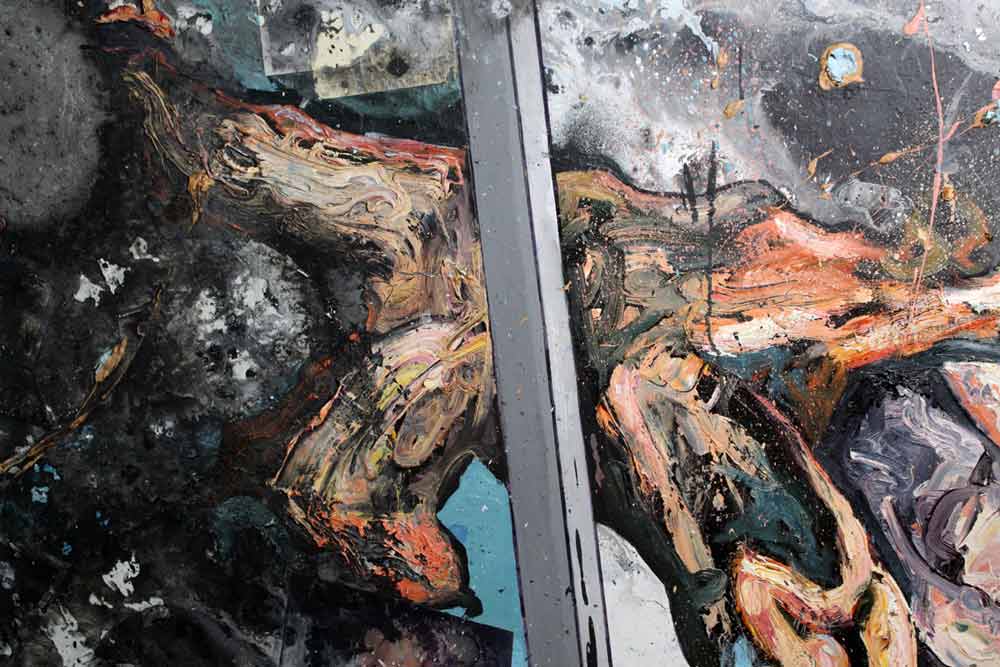
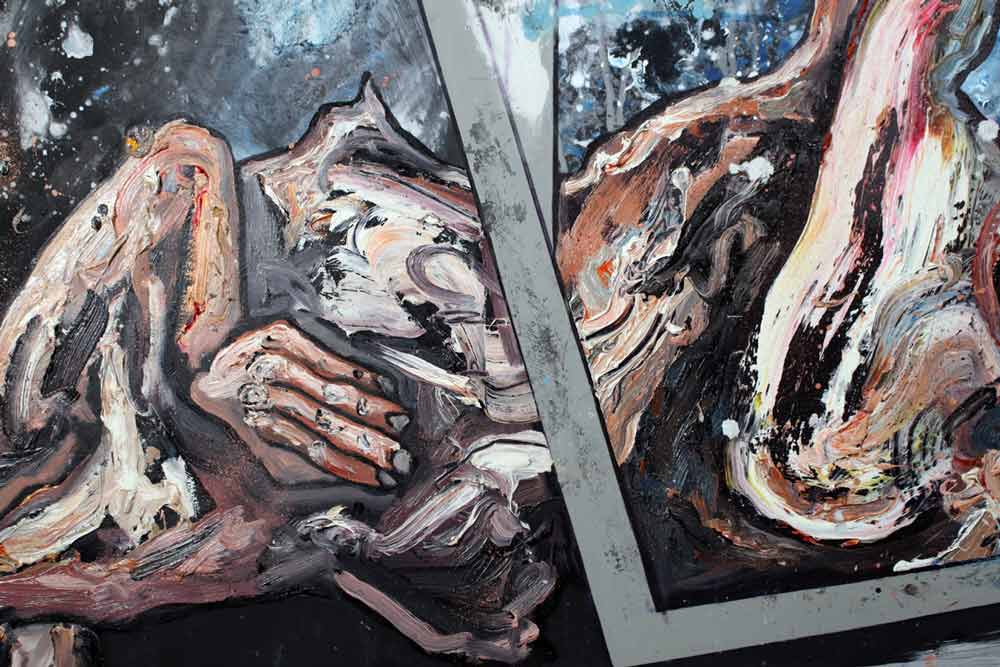
A beautiful discourse on modern marriage with images and texts of psychological inter-penetration and comic dissonance.
Professor Lydia Goehr
